In the past, the bathroom was often seen as the most "utilitarian" space in the home, with designs broadly defined by tiles, mirrors, and an enclosed shower enclosure. However, in recent years, more and more people have been rethinking the bathroom's role—not just a place to shower, but more like a buffer between the pace of life.
Amid this trend, a minimalist and modern design has quietly gained popularity: the frameless glass shower doors. Compared to the traditional metal-framed models, this all-glass, lightweight design has become a priority for many families in bathroom renovations.
Ø Breaking Down the Sense of Partition, Creating a More Relaxed Bathroom
While the traditional shower door frame adds a "hard boundary" to the space, the frameless design does the opposite. Its minimal presence creates an immediate and impactful effect. Visually, the entire bathroom appears more spacious, making even a small bathroom feel less cramped.
Light filtering through the unobstructed glass not only brightens the space but also creates a sense of openness. Many people's first comment after replacing their old shower door is, "The bathroom suddenly feels bigger."
Ø Minimalism doesn't mean sacrificing functionality.
No frame doesn't mean unsafe. Mainstream frameless shower doors on the market typically use tempered glass with a standard thickness and strong pressure resistance. Even in the event of a collision, they won't shatter into sharp fragments, but rather, will resemble small, blunt-angled glass particles, significantly reducing the risk of injury.
Furthermore, these products often feature a transparent sealing strip and a bottom water barrier to prevent moisture from escaping and effectively prevent dripping onto the floor. This keeps the shower door clean and prevents slippery floors.
Ø A glass door saves significant cleaning effort.
Many people have complained about the hygiene issues of shower door frames. The gap between the metal frame and the glass can easily accumulate water and mould over time, making it difficult to clean. The advent of frameless designs has virtually eliminated these "hygienic blind spots."
The entire glass surface is smooth, with few joints, and a simple wipe with a damp cloth can make it look like new. For those who primarily clean, this is a welcome "little blessing." Many families report that their cleaning frequency has decreased after switching to frameless doors.

Ø A good design isn't just about looking good on its own. It's more about how it blends into the overall space.
Frameless shower doors, with their simplicity and transparency, don't clash with the existing style. Whether the bathroom features warm wood tones, cool tile, or marble walls, these doors blend in naturally.
Some even choose to add frosted elements or translucent stripes to the glass to create a sense of privacy and add depth to the design. If someone in the family enjoys a bath, they can make a clear yet subtle separation from the tub.
Ø Customised, no compromises
Unlike traditional mass-produced products, frameless shower doors are typically custom-installed. You can choose the size, glass thickness, corner requirements, and door opening direction based on the specific shape of your bathroom. This ensures a seamless fit, regardless of the space.
There's also a great deal of freedom in accessory selection, from hinge style and door handle colour to glass finish. Some prefer a simple silver, while others prefer matte black. These details can dictate the overall ambience.
Ø Initial Cost ≠ Long-Term Cost
Some may wonder if frameless shower doors are slightly more expensive than traditional options. Is it worth it? In fact, in the long run, they're a more cost-effective option. Their high-quality materials, sealing properties, and ageing resistance ensure they last for years without warping, peeling, or rusting.
Traditional framed doors often require replacement parts or reinstallation after three to five years. A solidly crafted frameless door, on the other hand, can last longer, saving you time and effort while reducing future investment costs.
Ø Lifestyles are changing, and so are space needs.
People are now more sensitive to their homes than ever before. With increasingly flexible work styles and working from home becoming the norm, the comfort of their private spaces is becoming a greater priority. The bathroom, once a neglected area, is now taking on more functional demands.
Bathrooms aren't just for showering; some families also use them for aromatherapy, small speakers, or even a book or tablet—a small corner where they can temporarily disconnect from the world. The minimalist design of a frameless shower door allows for this kind of space upgrade, allowing people to expand their possibilities within a limited space.
Ø Slow down your pace, starting with the bathroom
The bathroom is one of the most intimate corners of the home, carrying many emotions: awakening in the morning, relaxing in the evening, and a moment of tranquillity in the dead of night. A comfortable space can bring people to a sense of relaxation.
A simple, pure, and quiet glass door is not just a functional product; it's also an expression of a lifestyle. It's peaceful, yet a constant reminder that life can be less complicated and more comfortable.
Ø Conclusion: Design and experience deserve redefinition
Choosing a frameless shower door isn't just about looking more upscale; it's about striking a balance between functionality, aesthetics, and everyday comfort. It lacks overt design language, yet quietly elevates the quality of a space; its presence is unassuming, yet irreplaceable.
If you're planning a home renovation, consider starting with the bathroom. A transparent glass door might be the first step to a new rhythm of life.

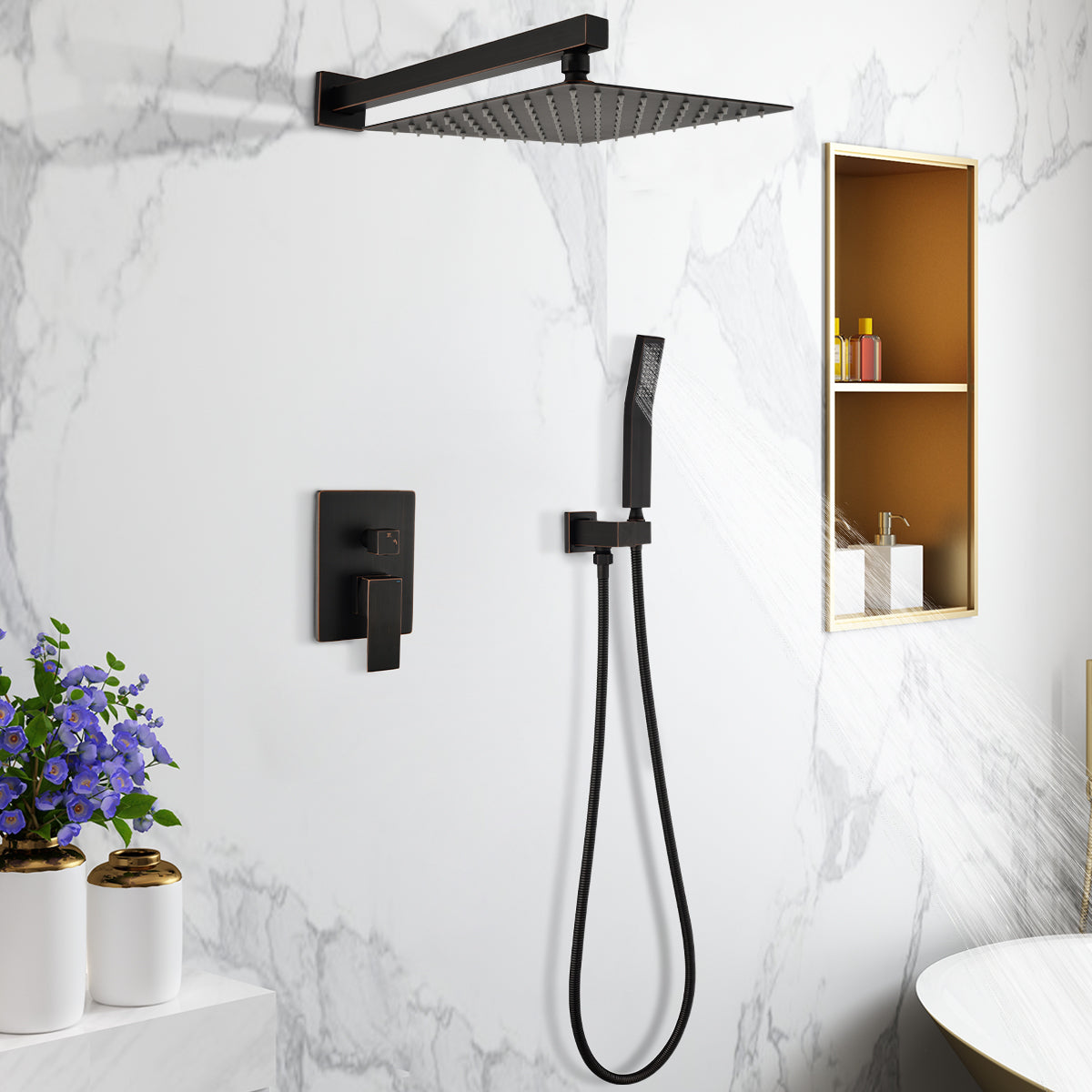
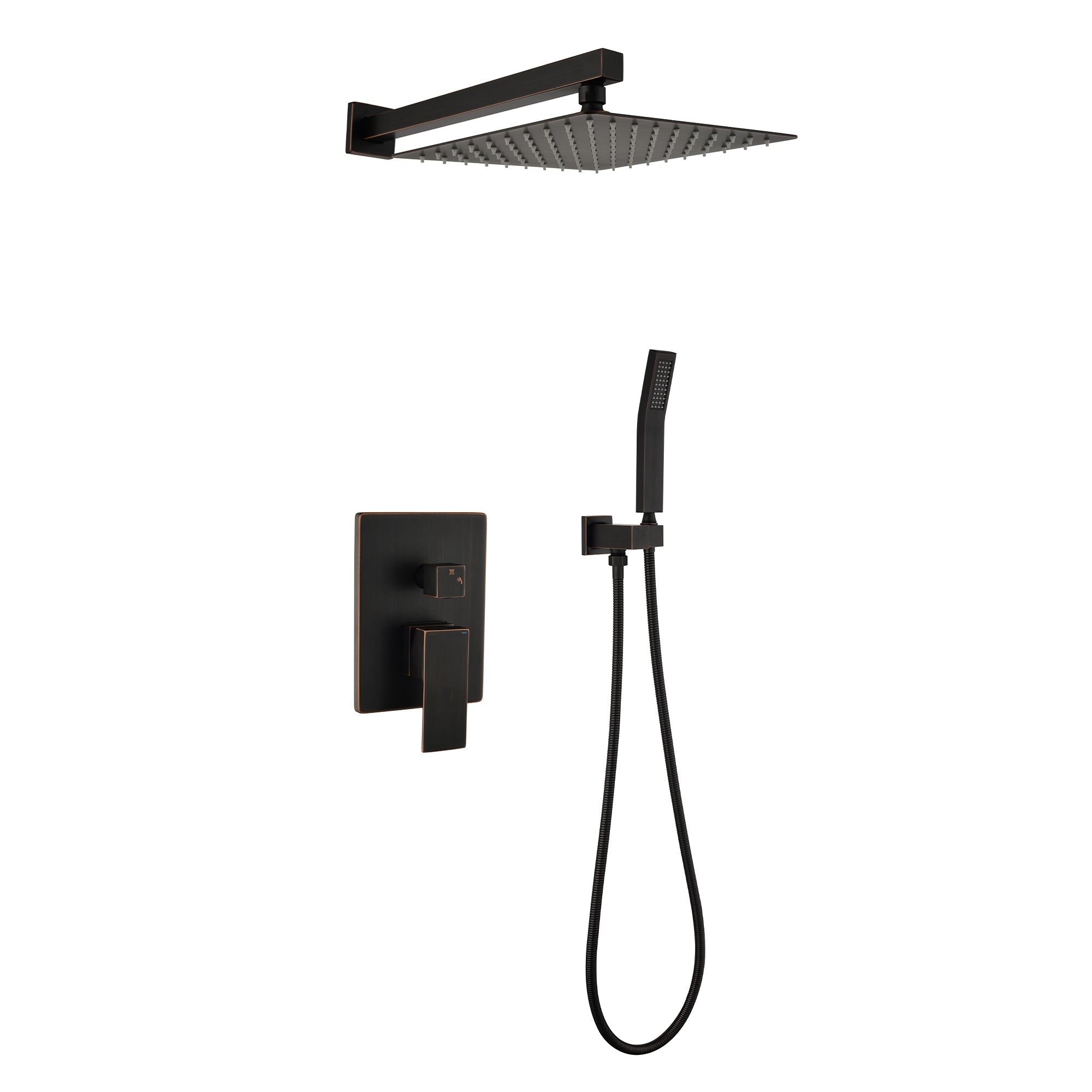


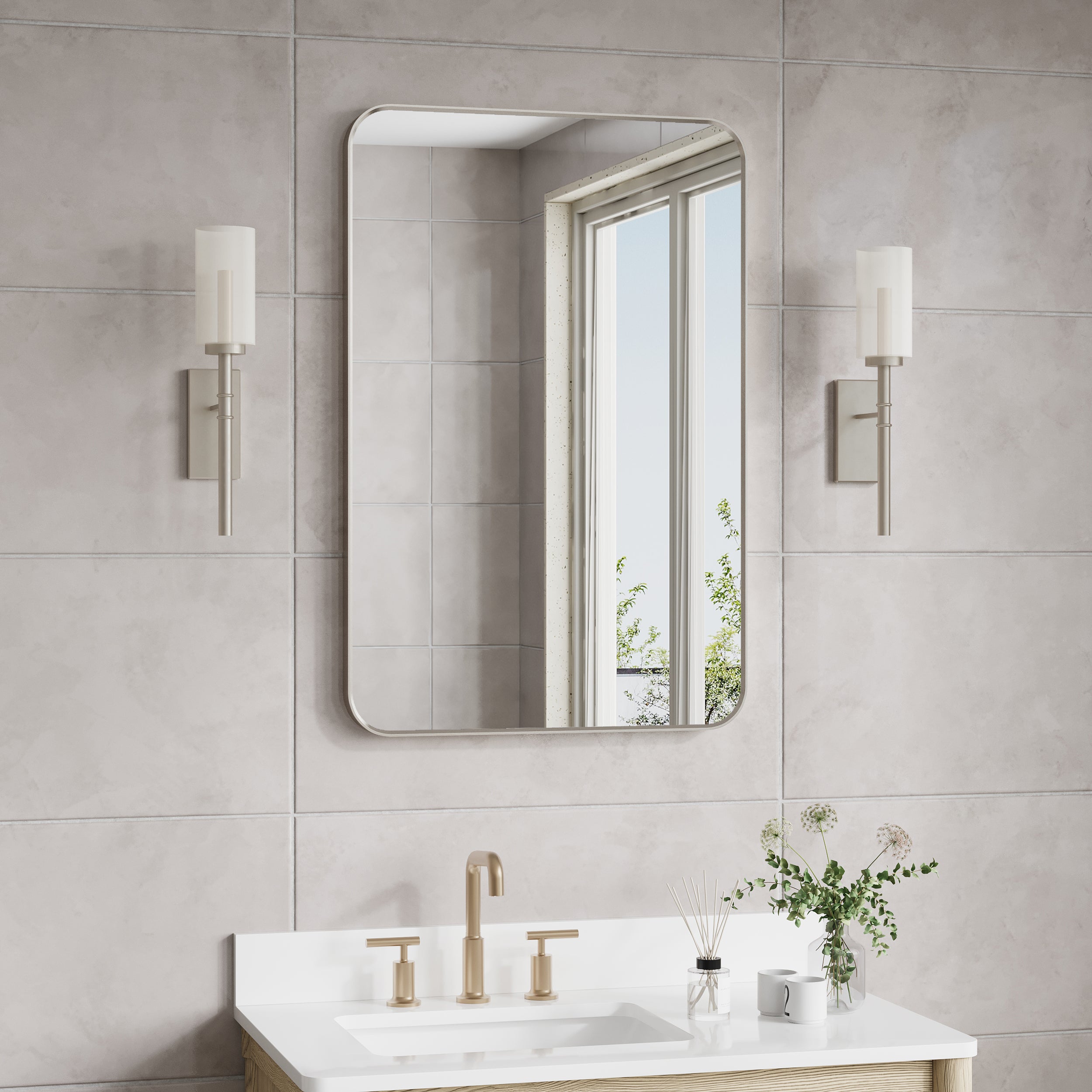
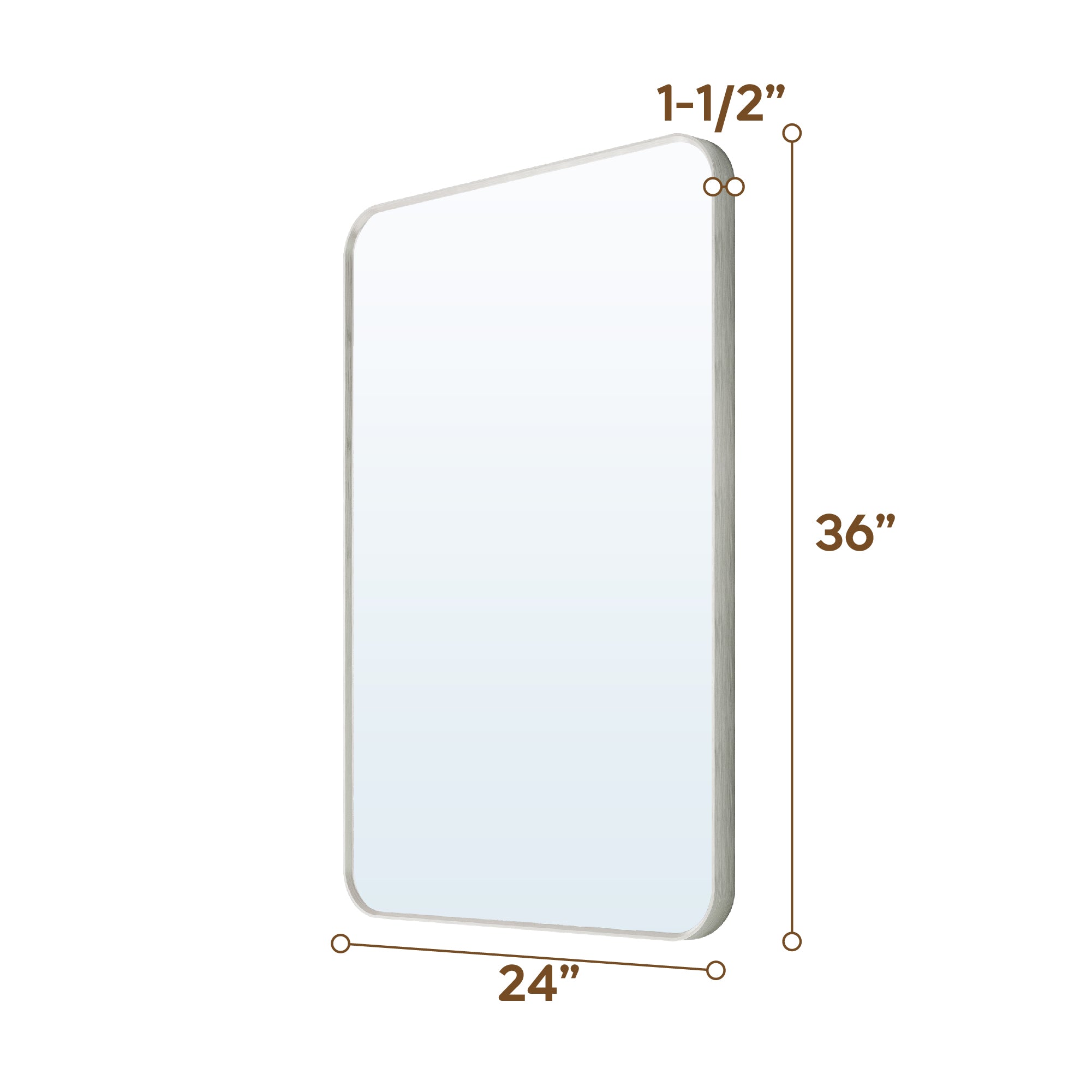
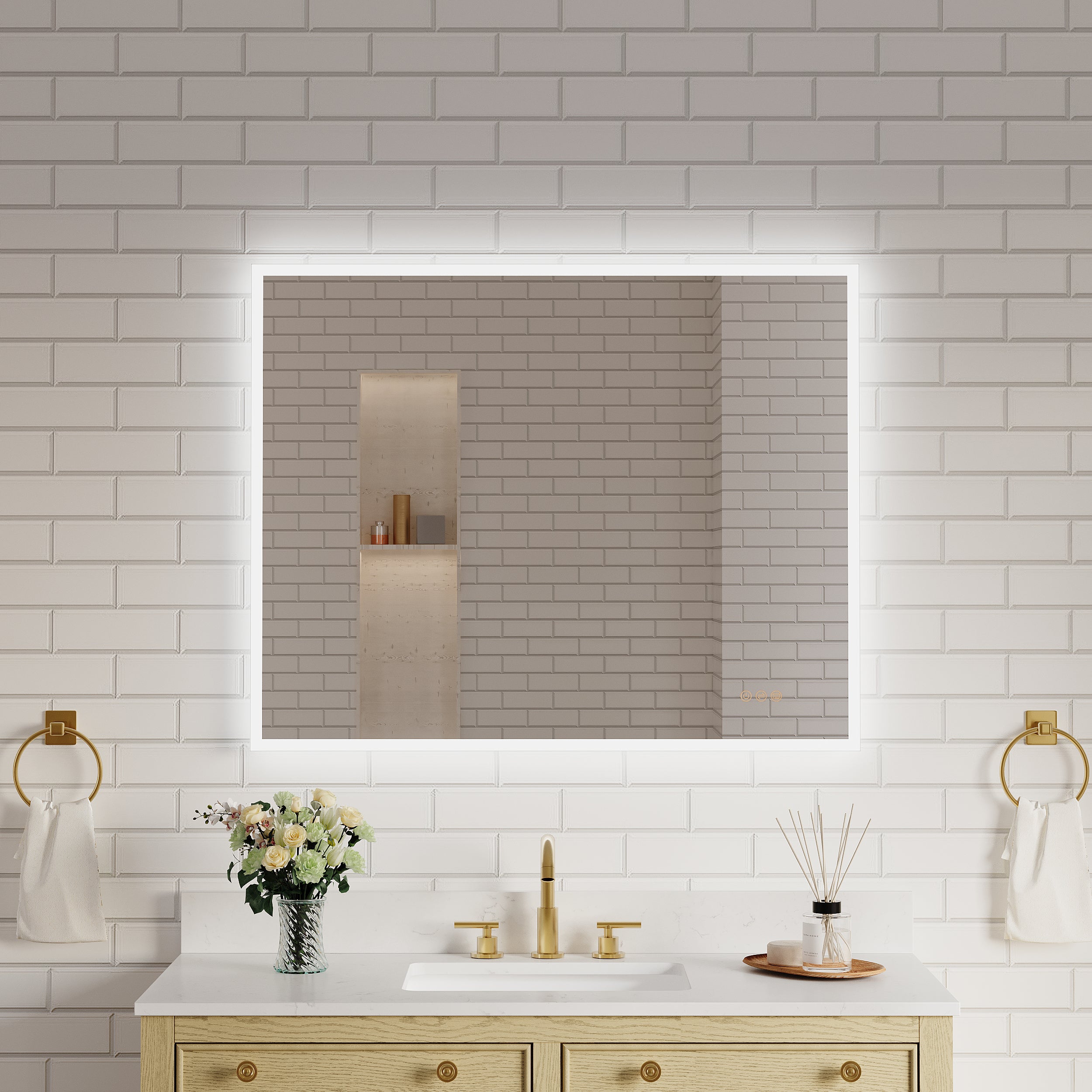
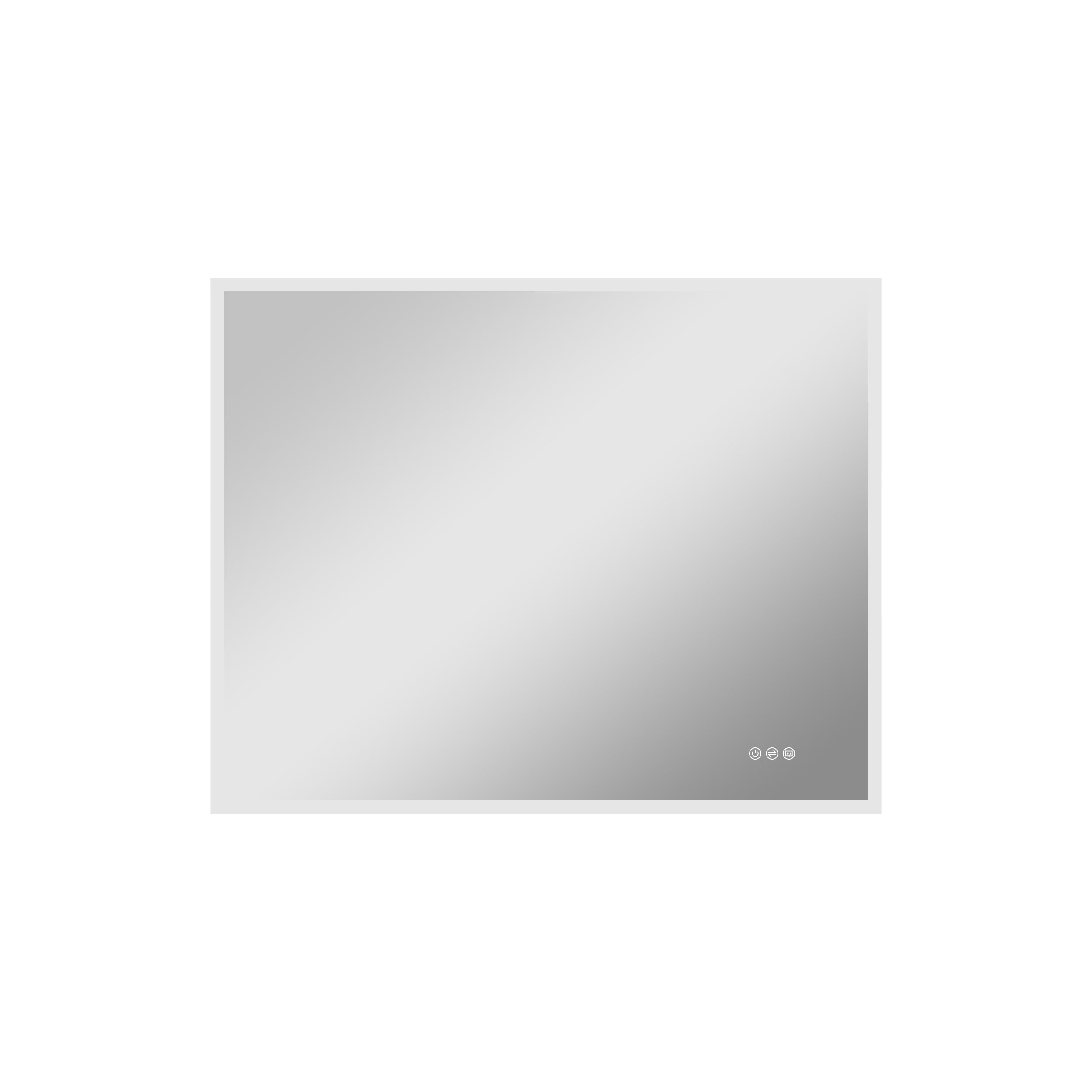
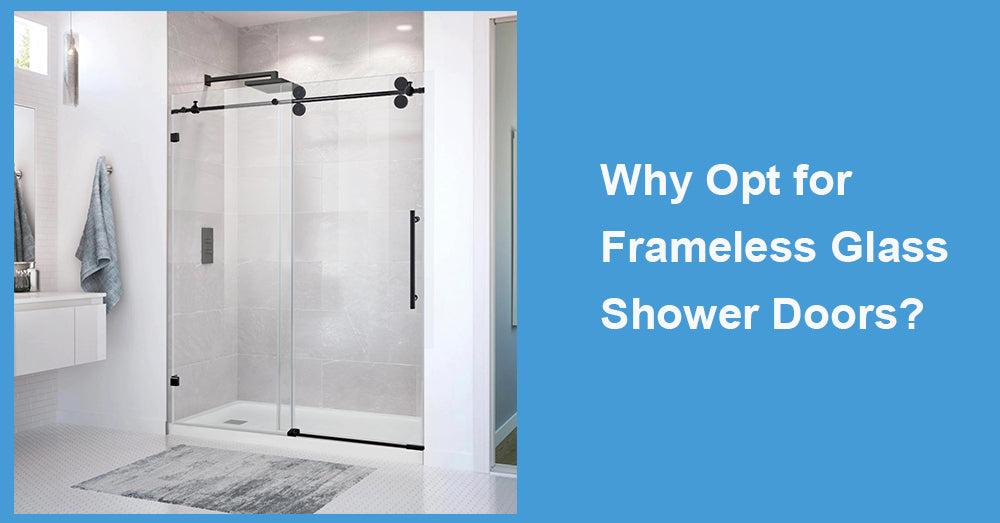
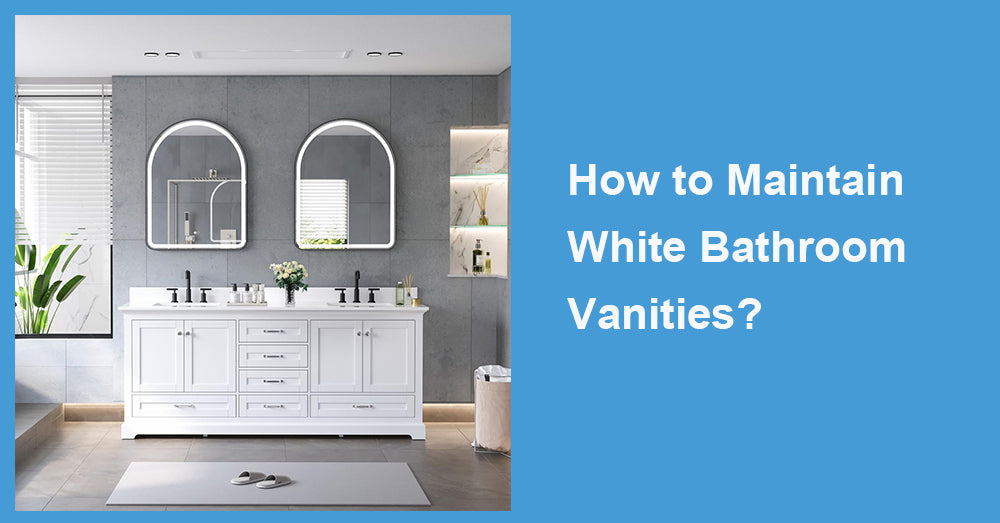
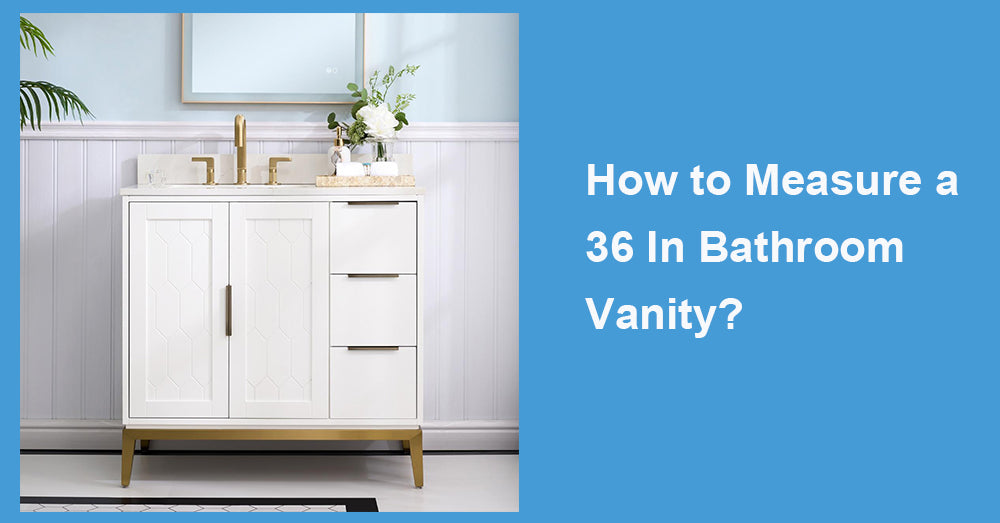
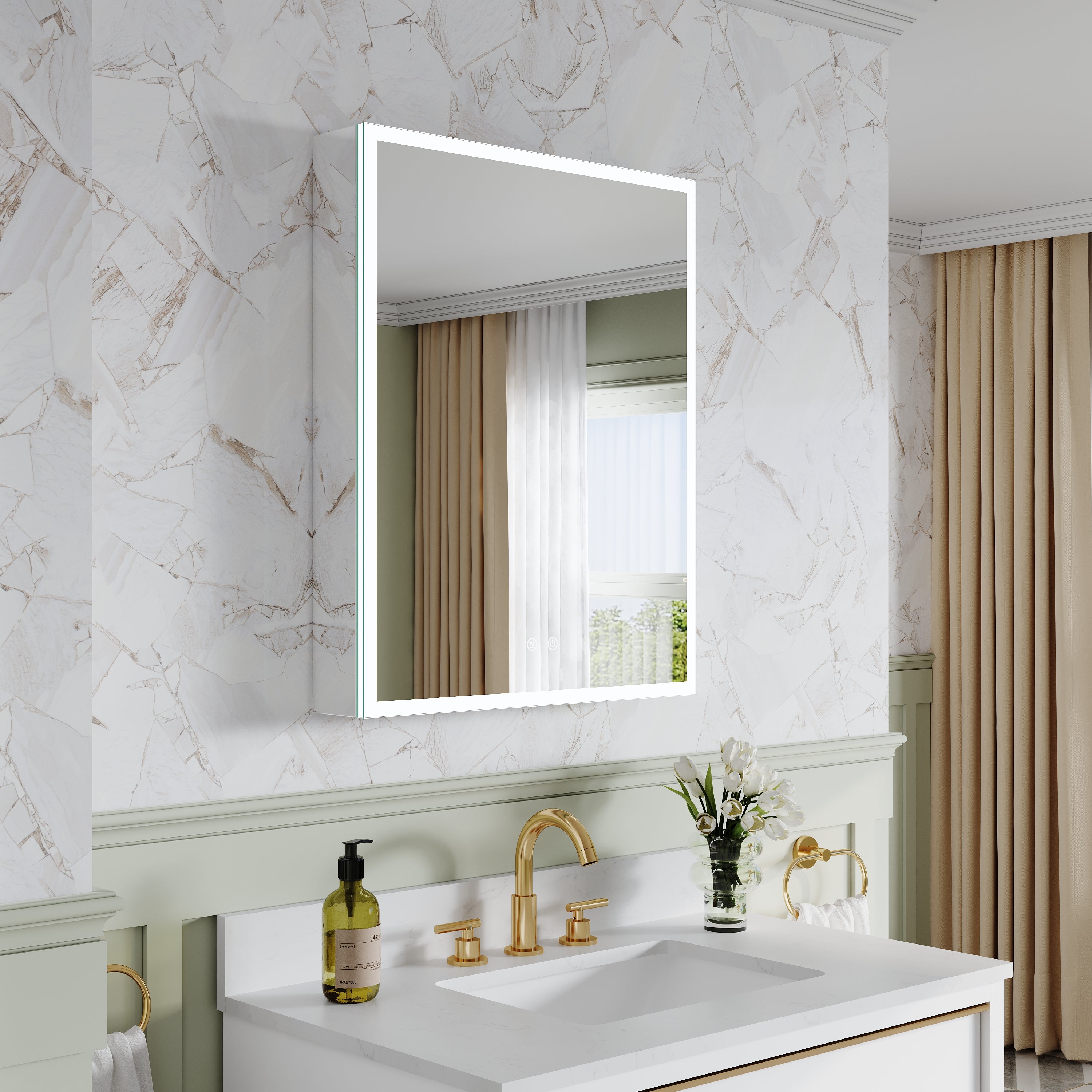
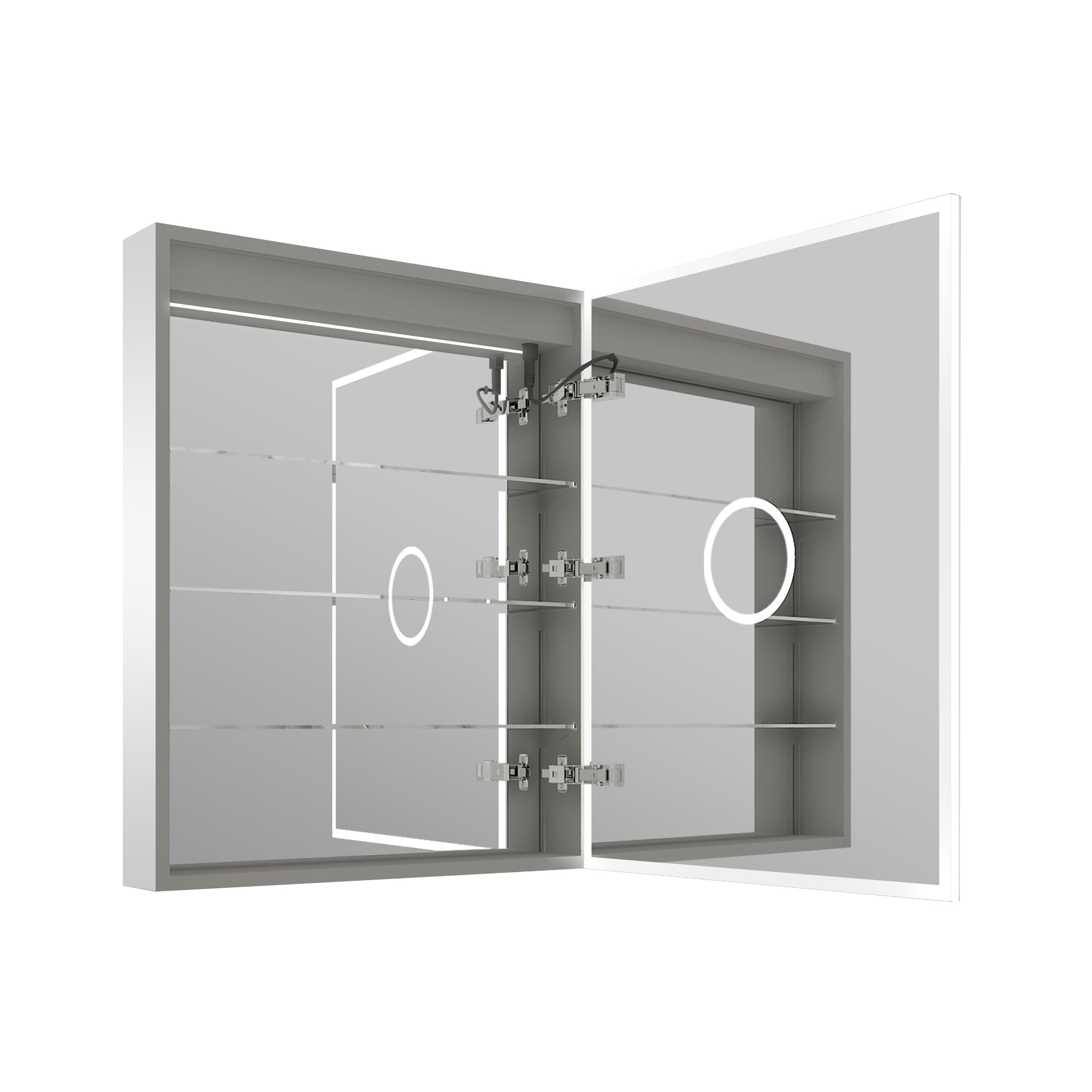
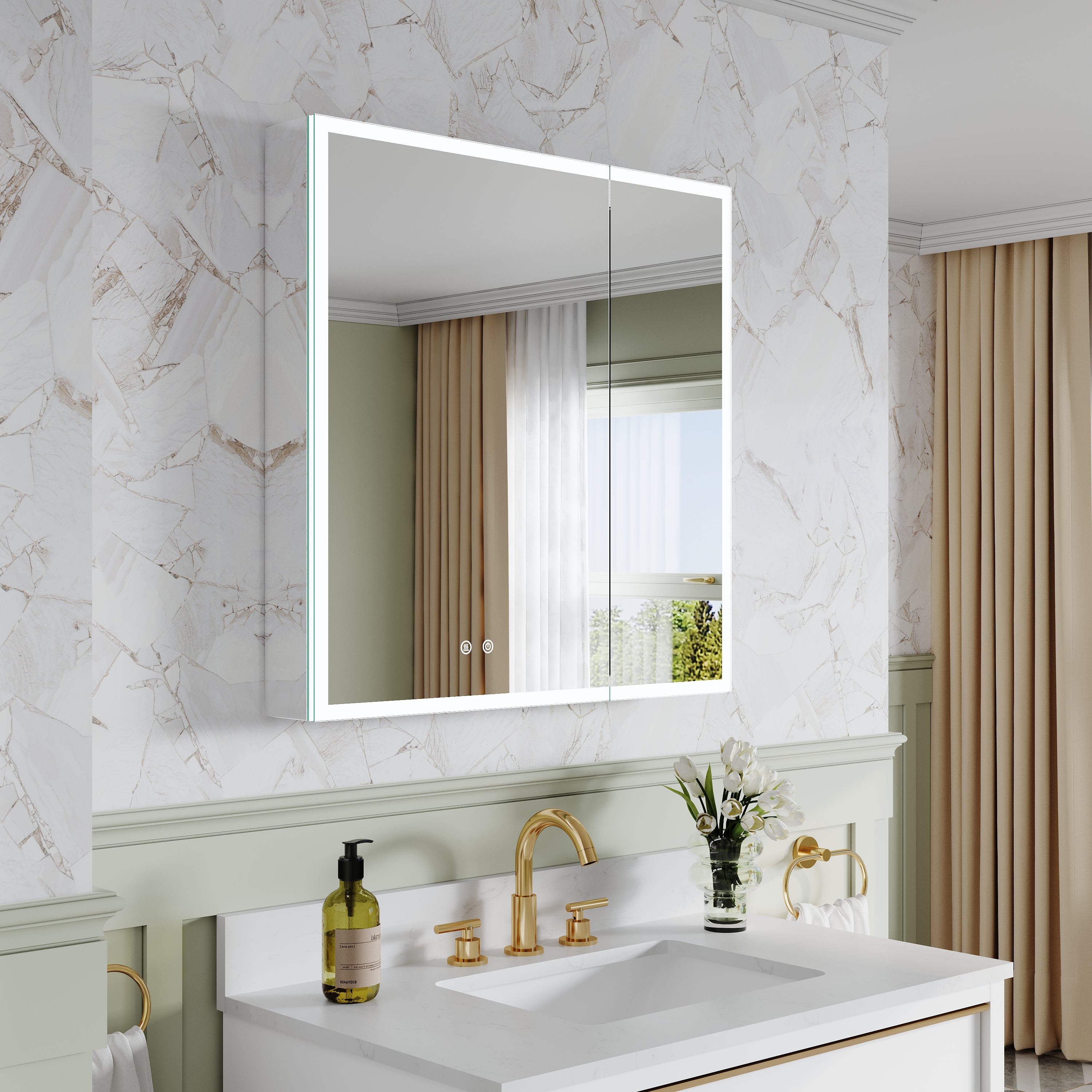
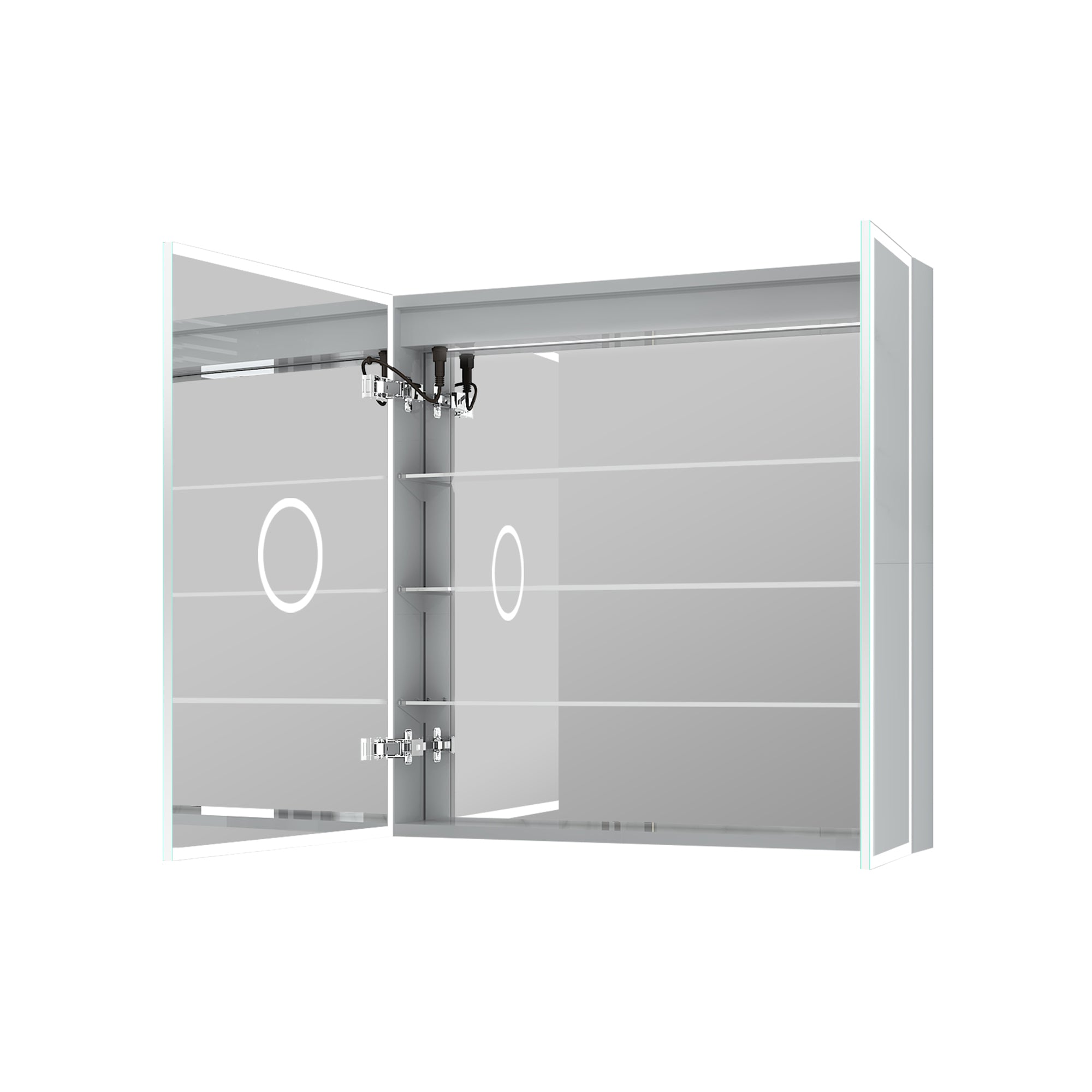
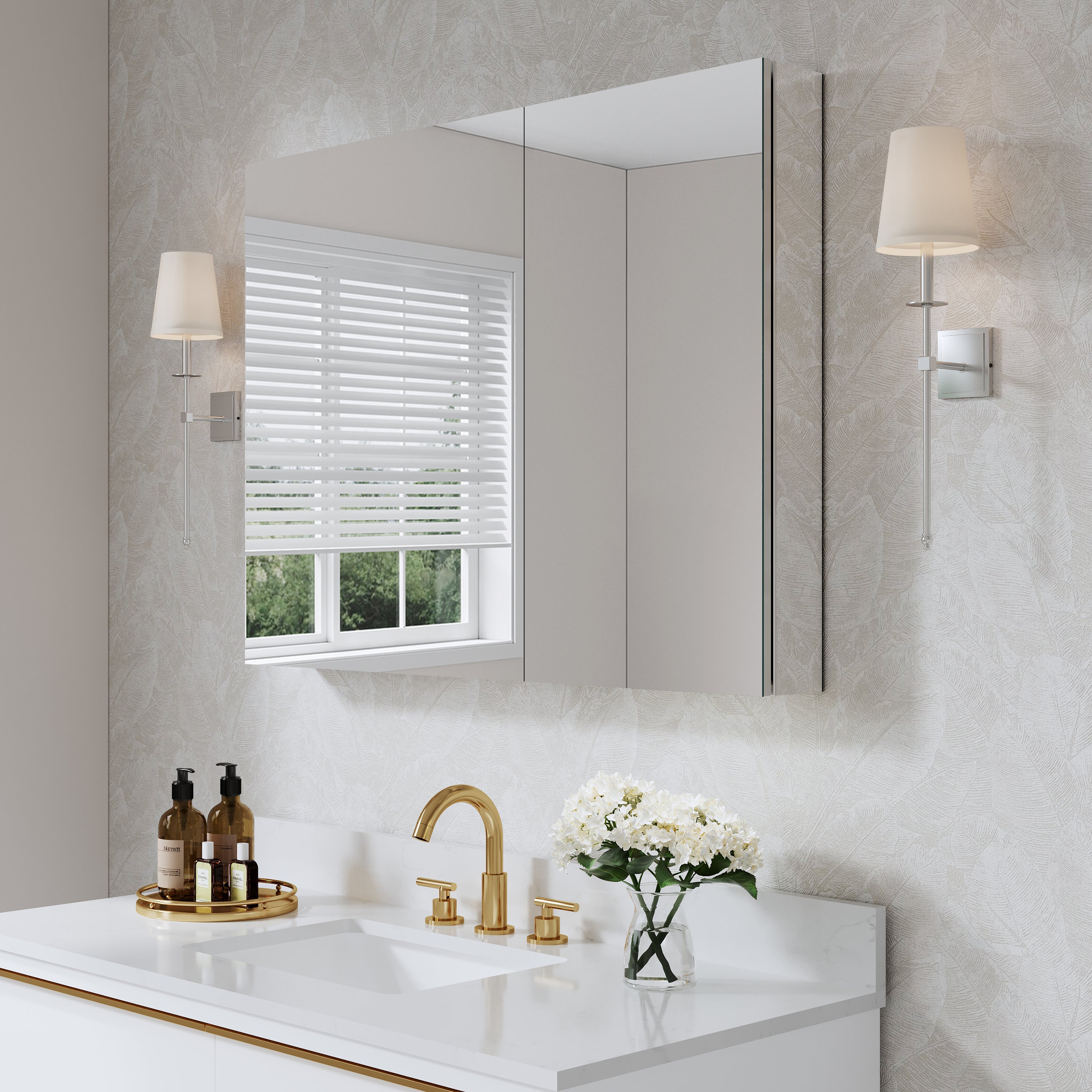

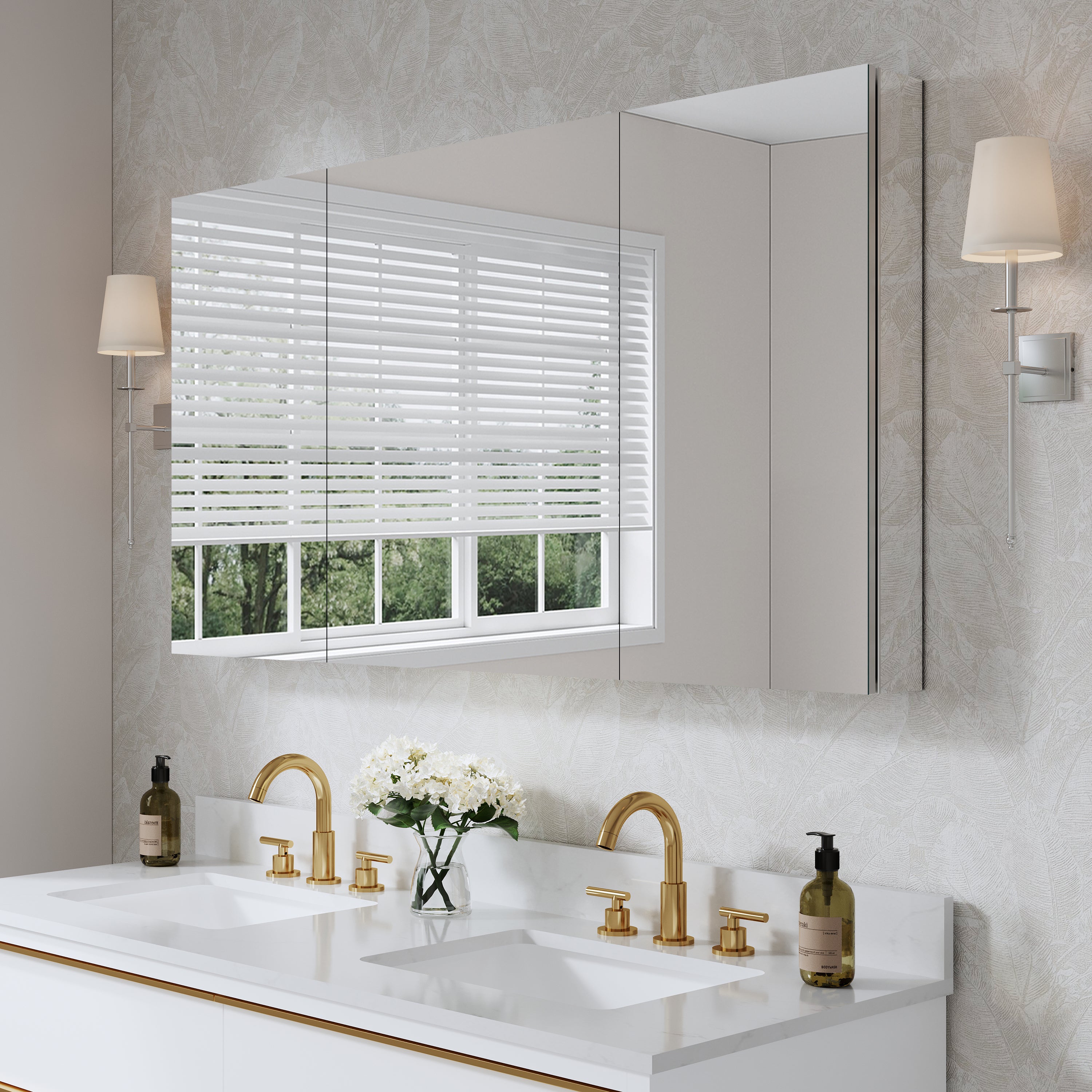

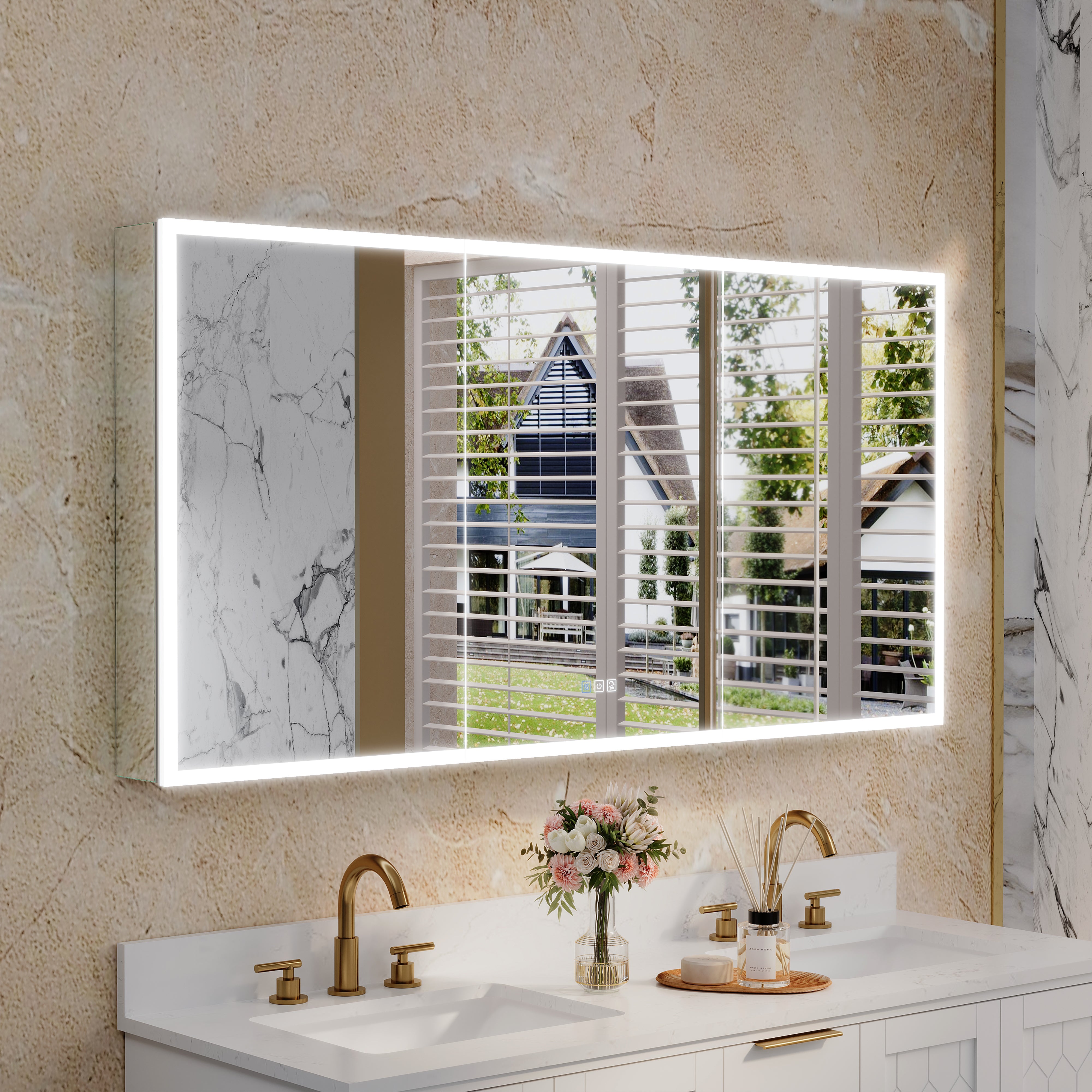
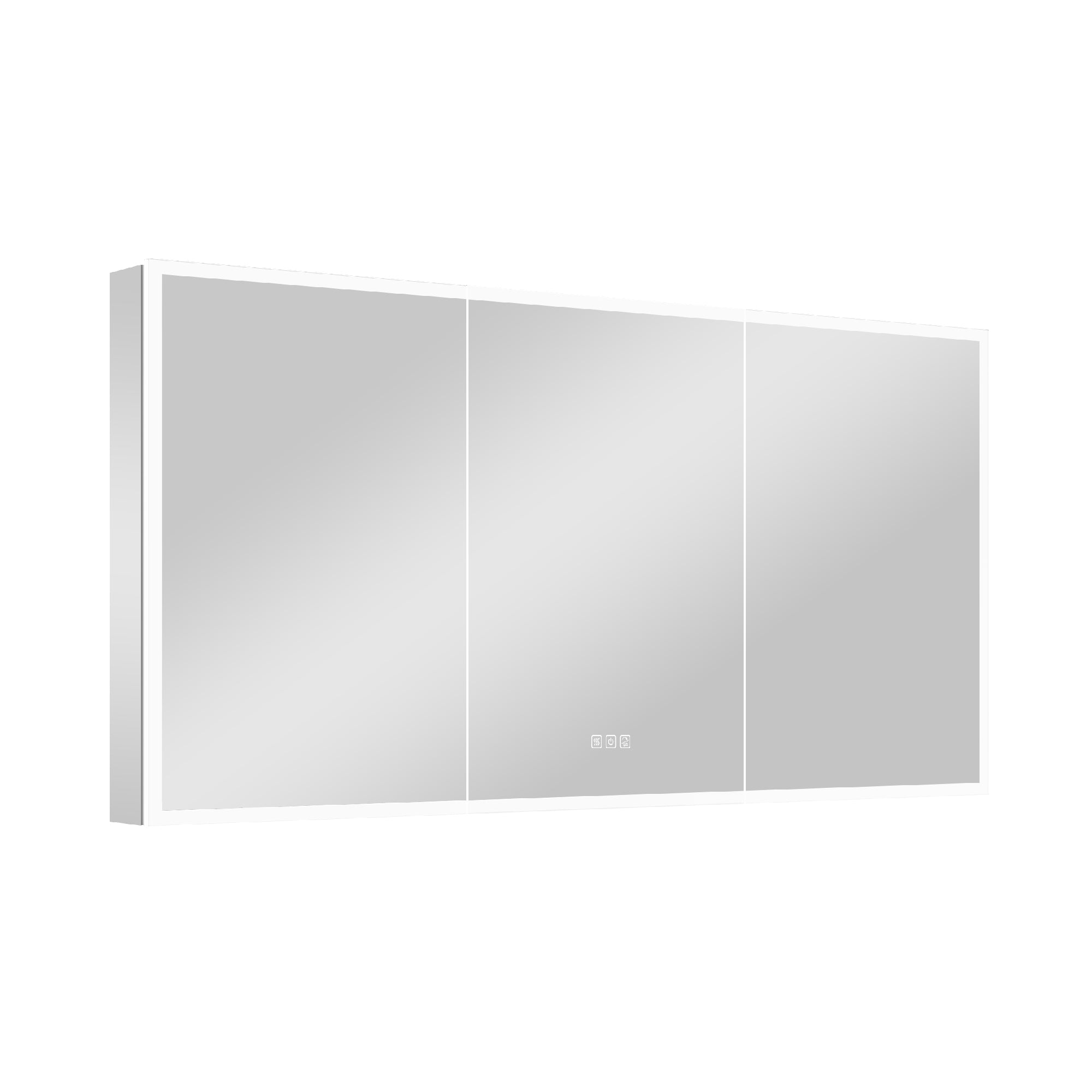
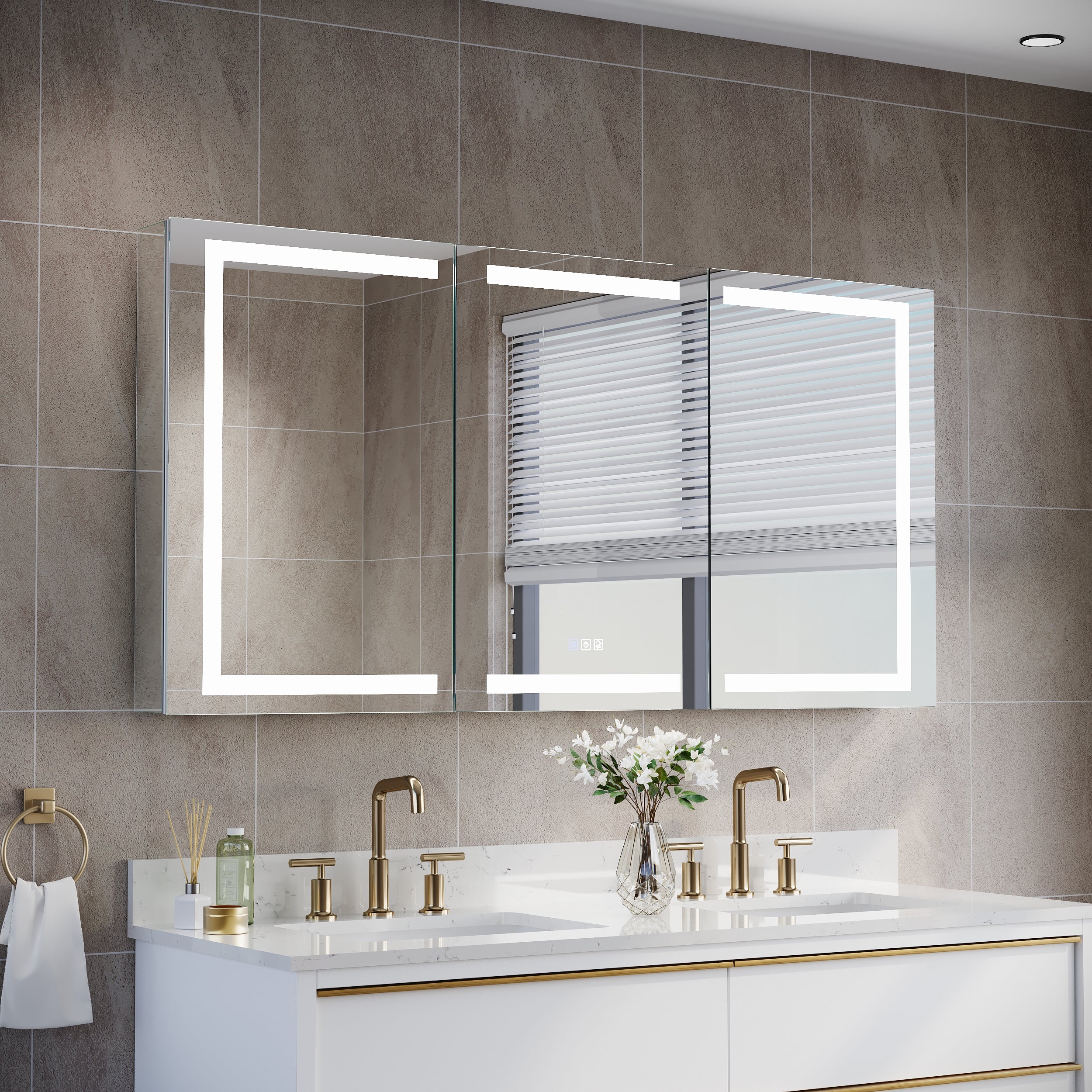


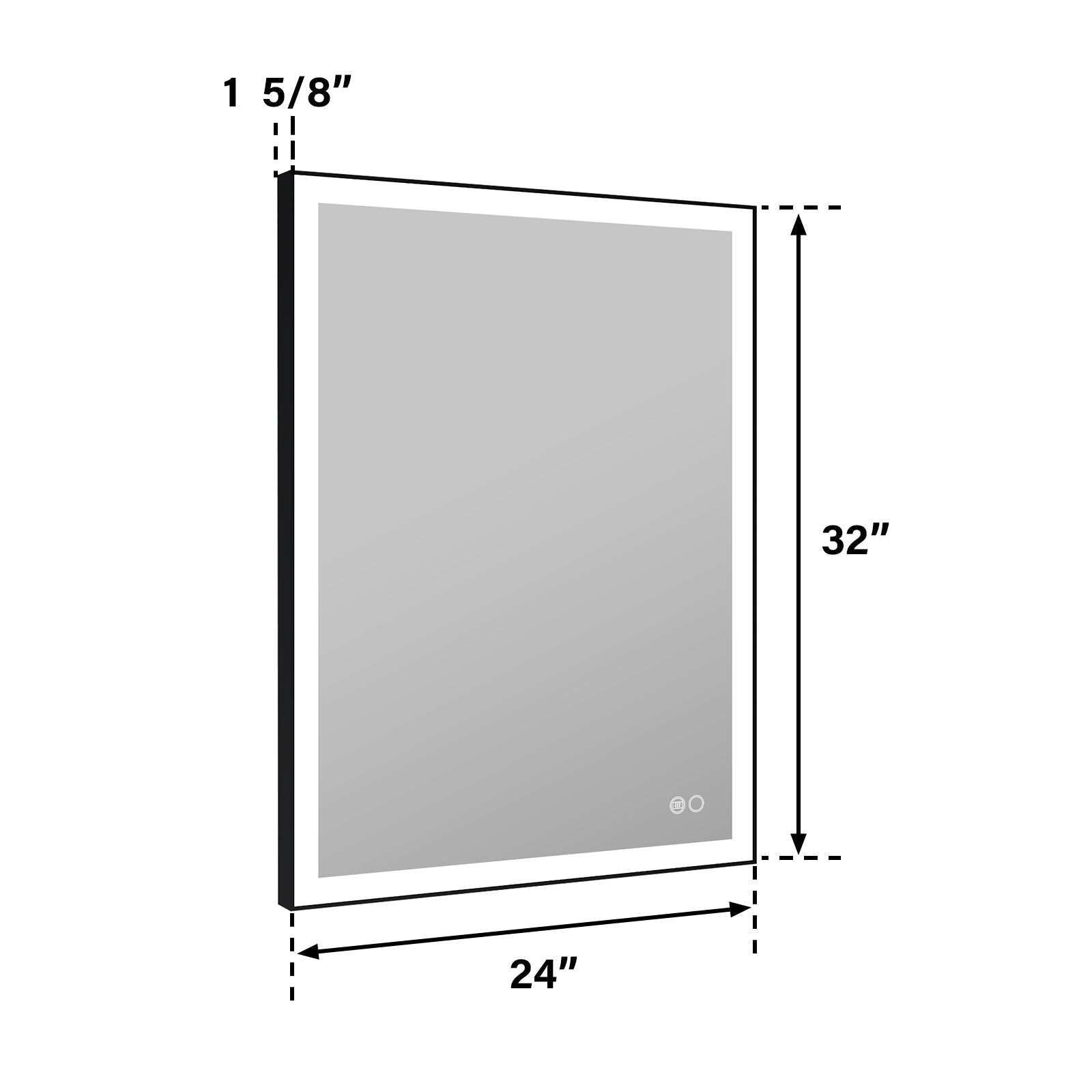
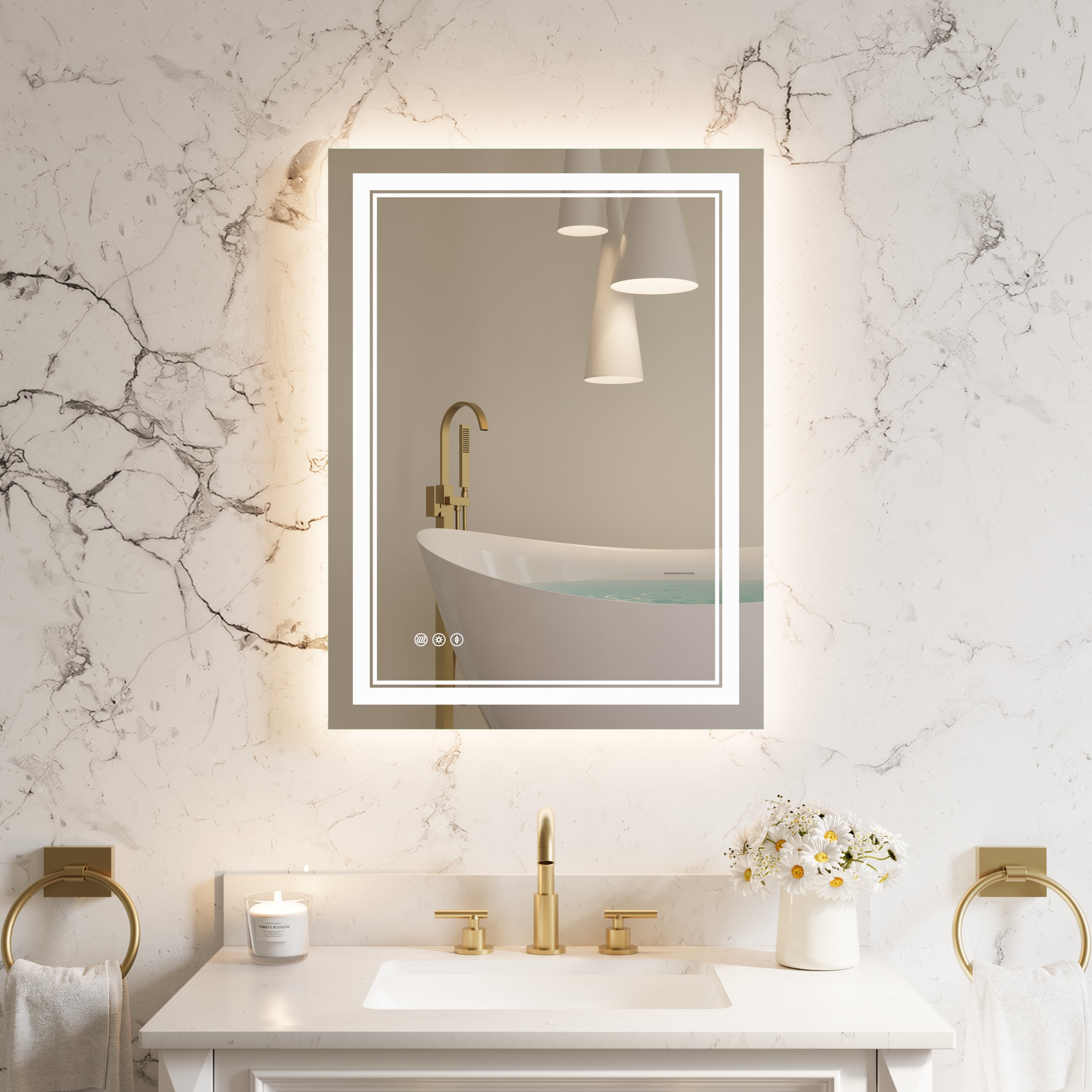
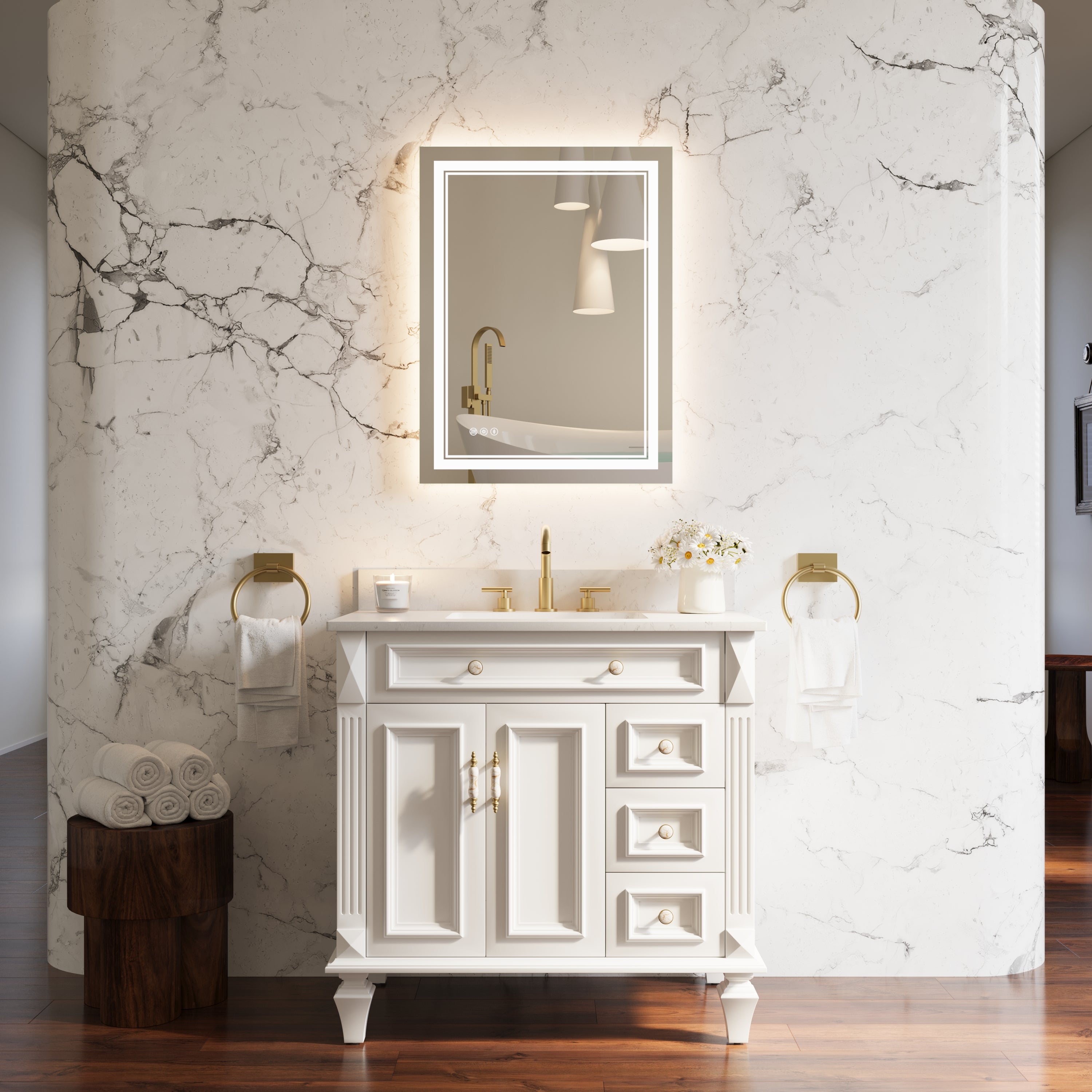
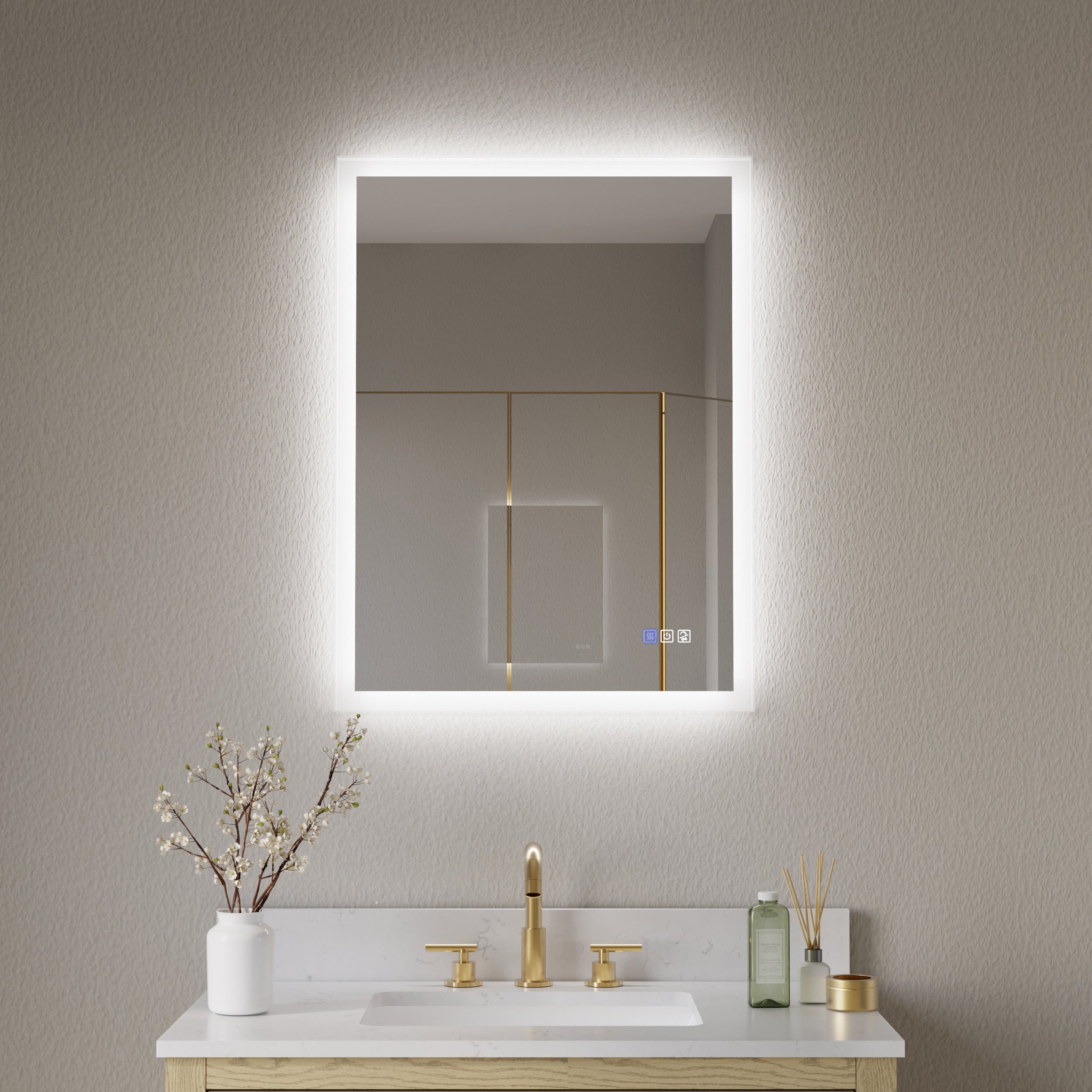

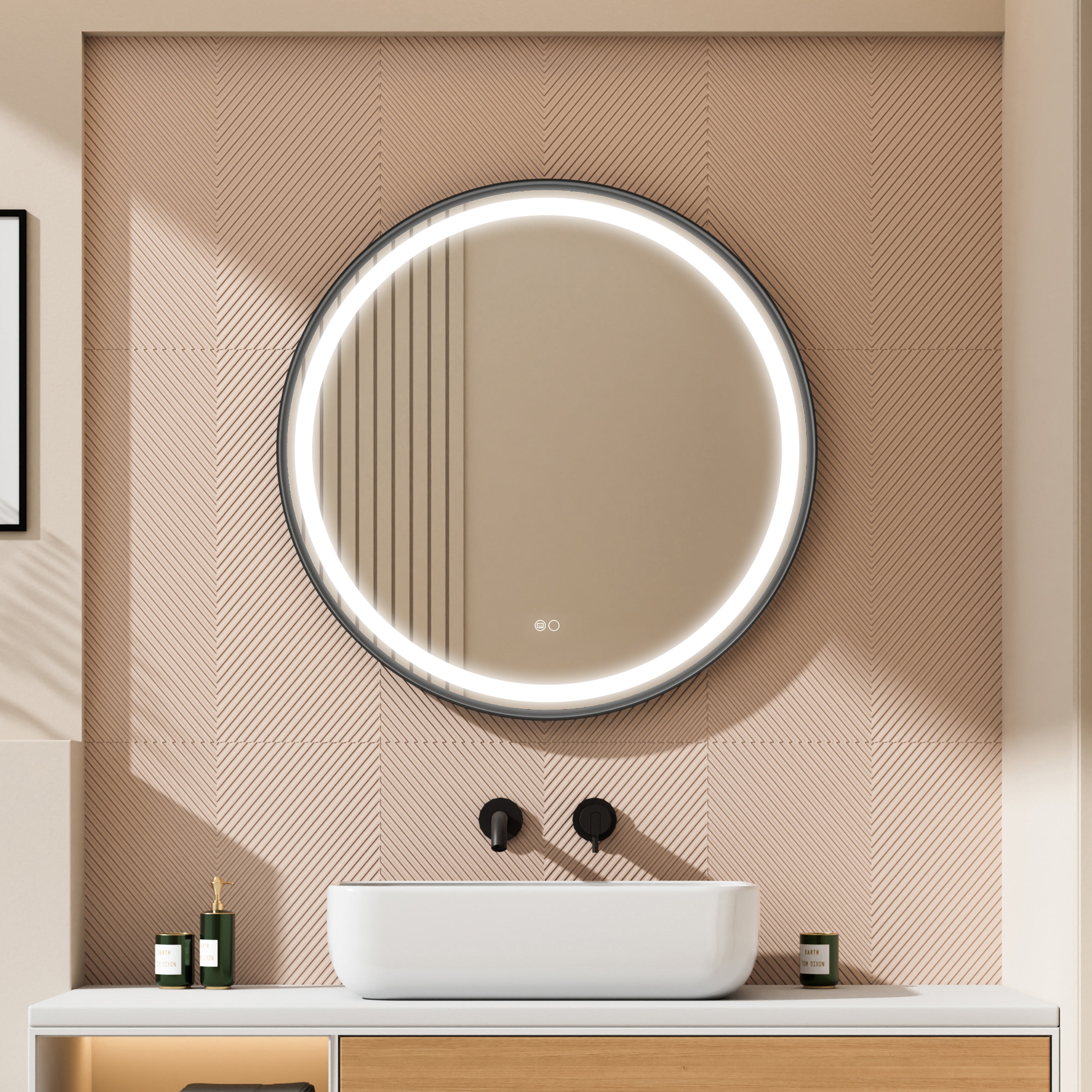
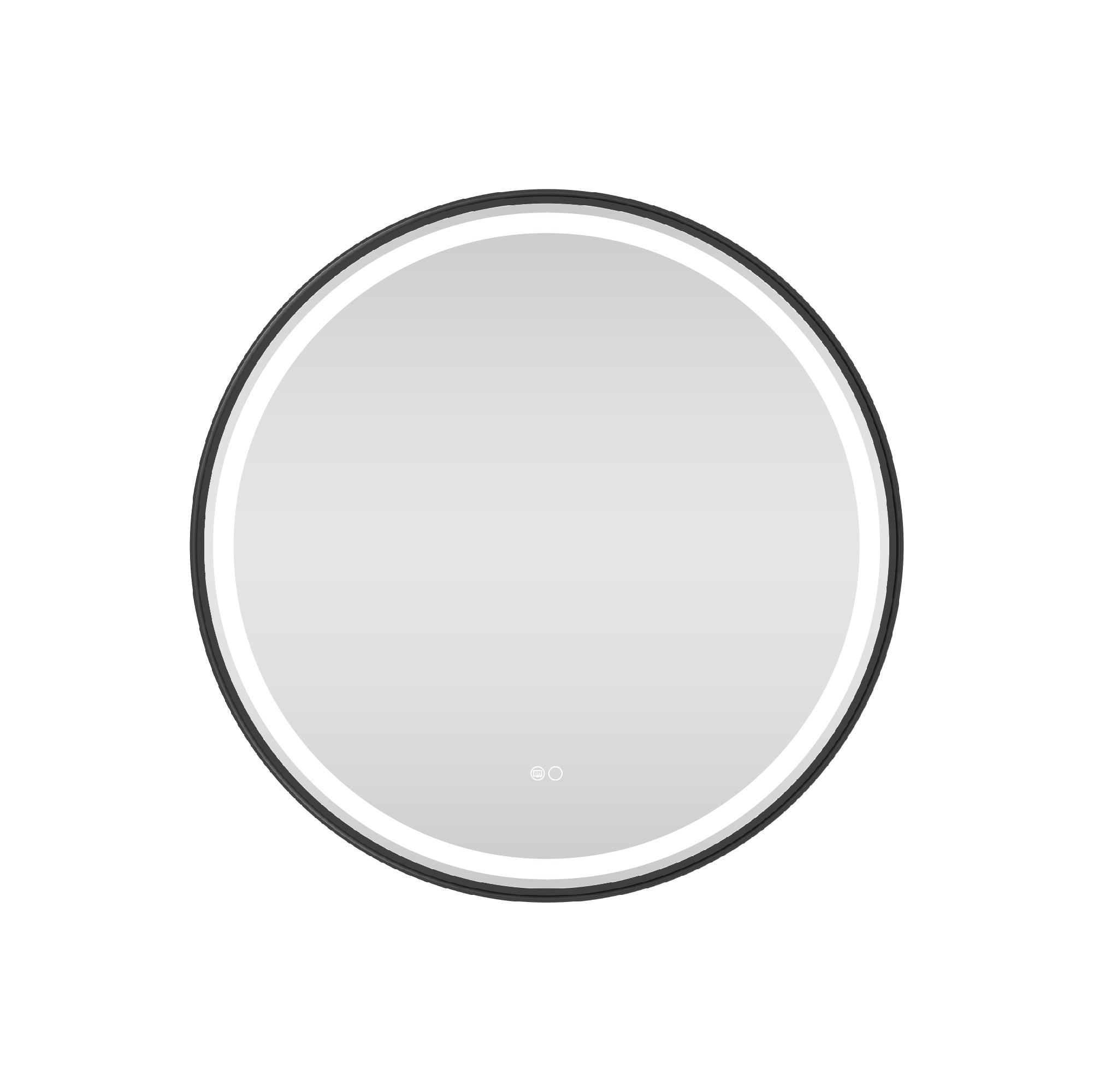


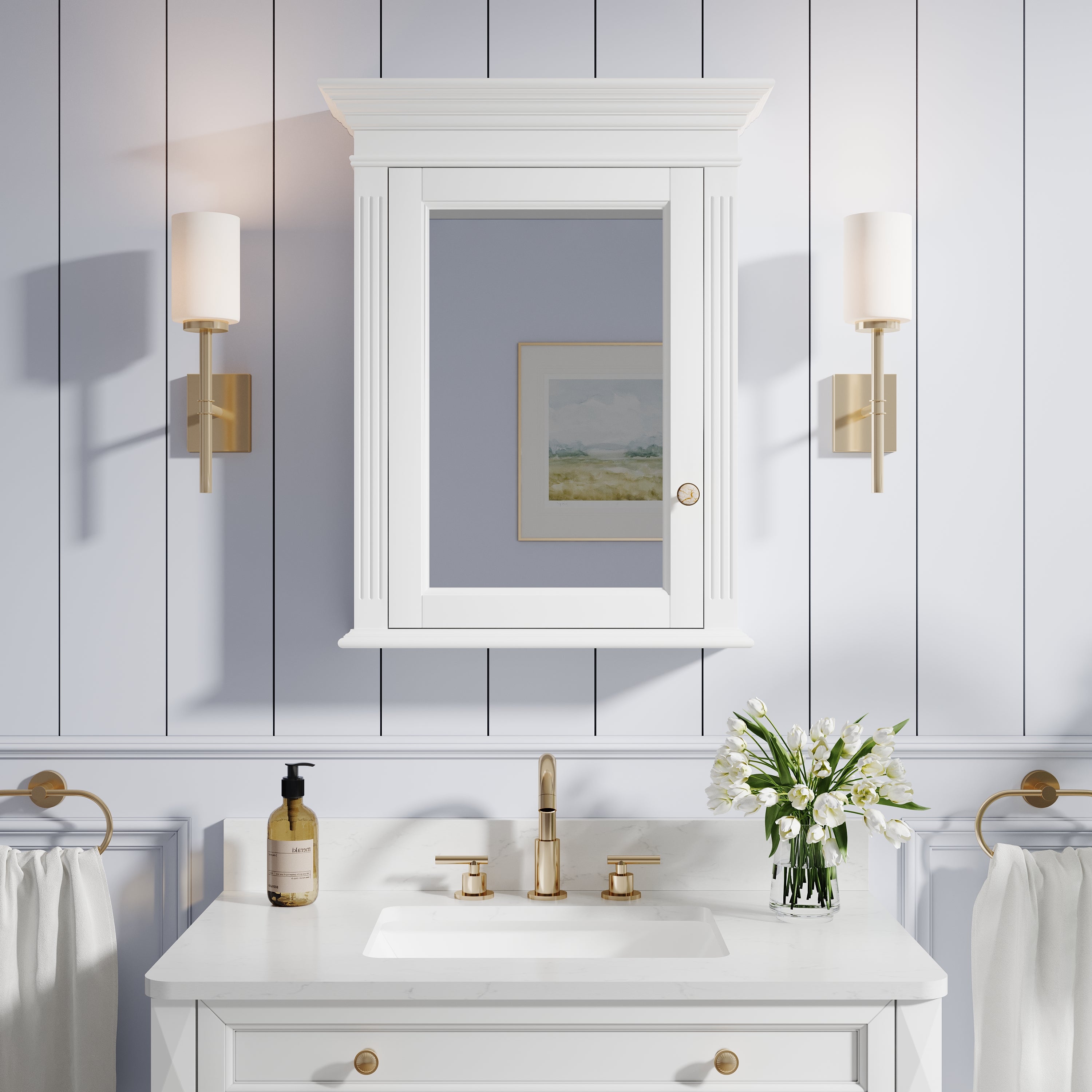
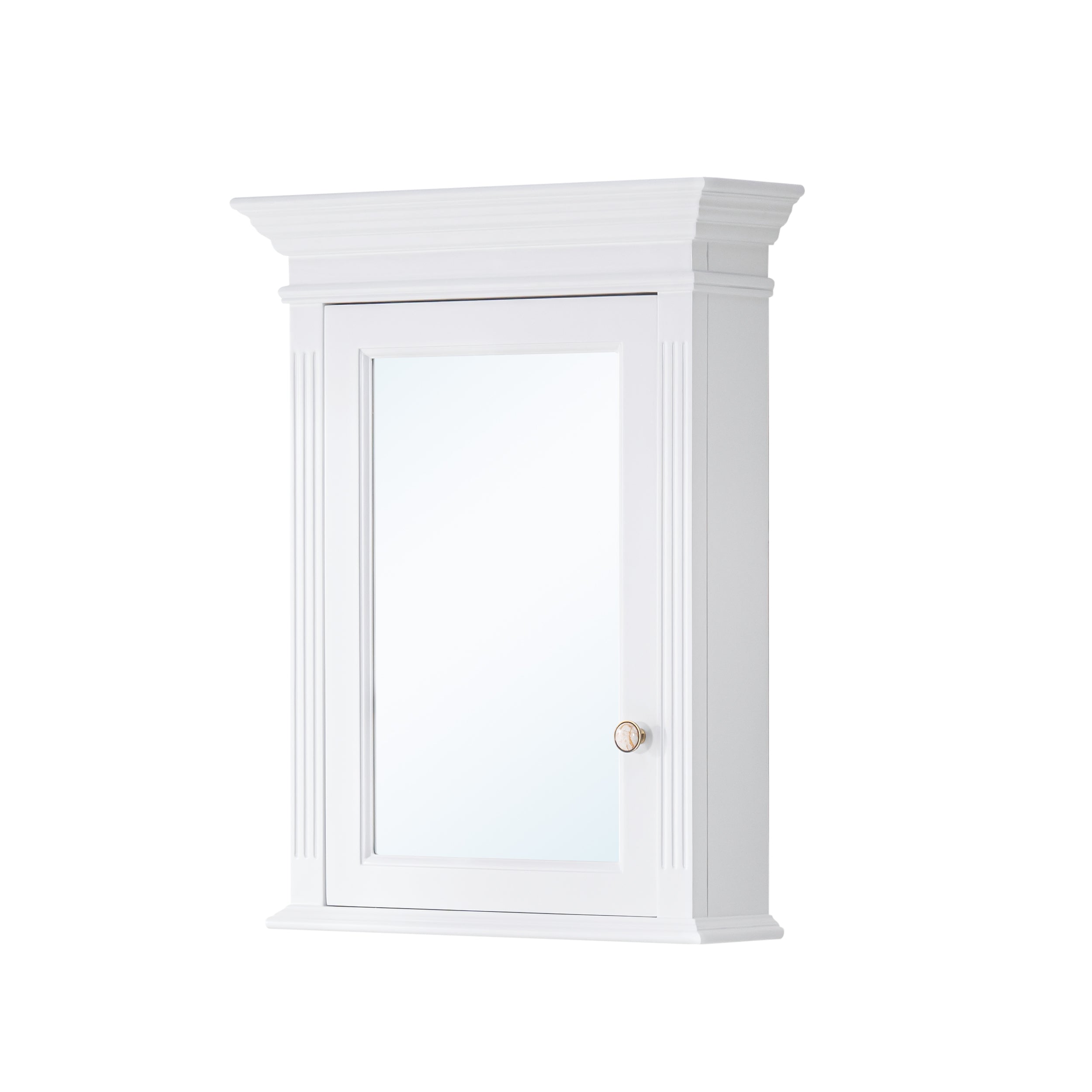
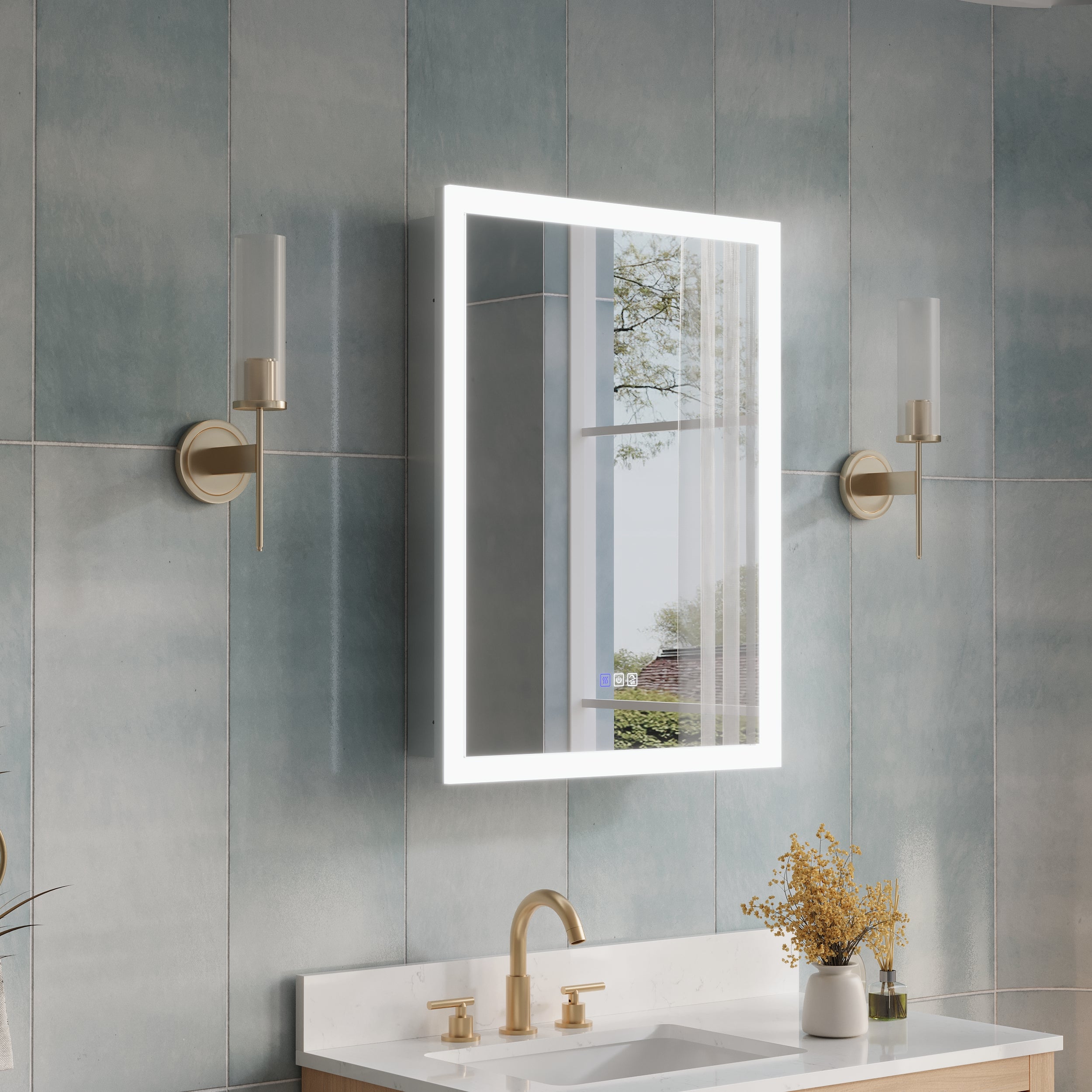
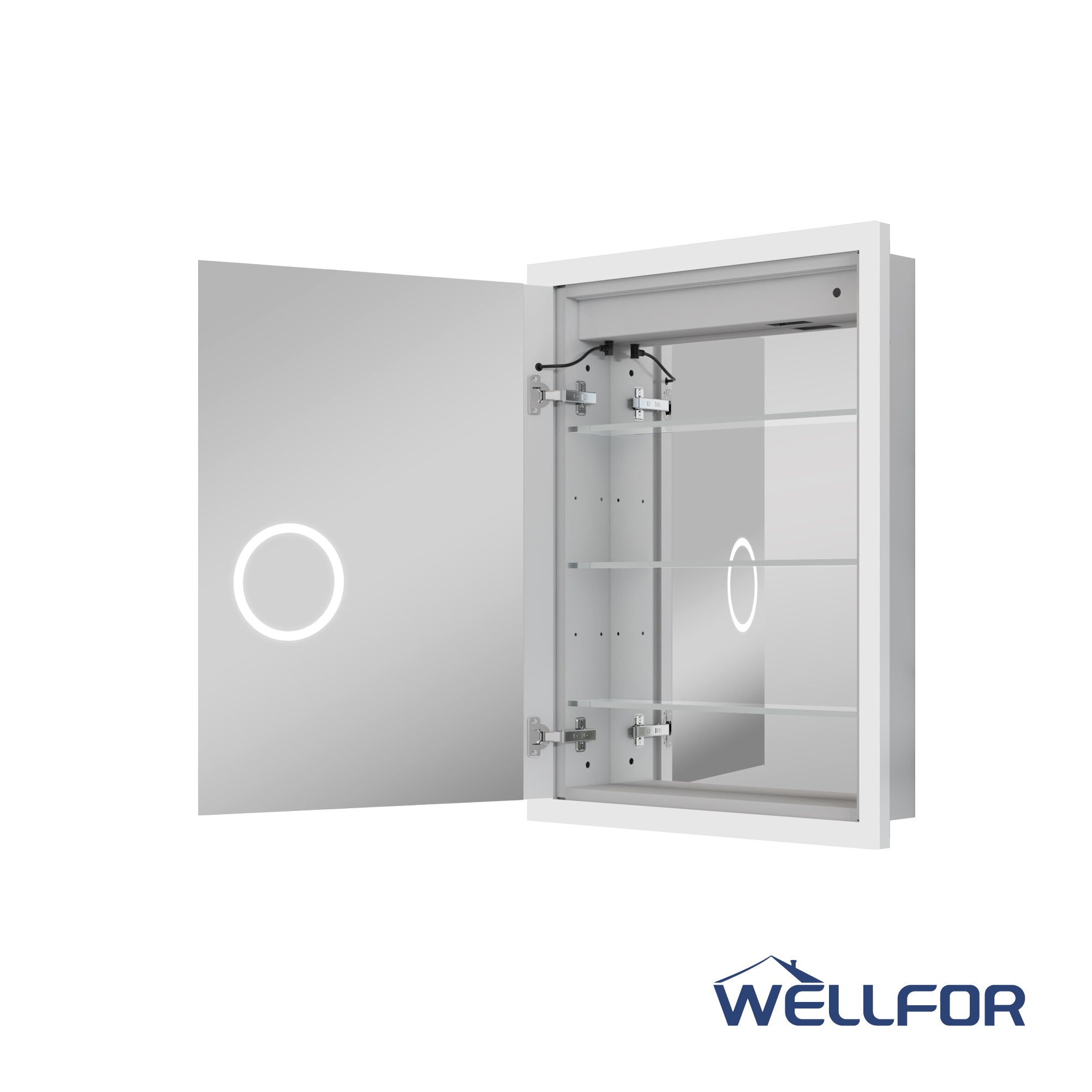
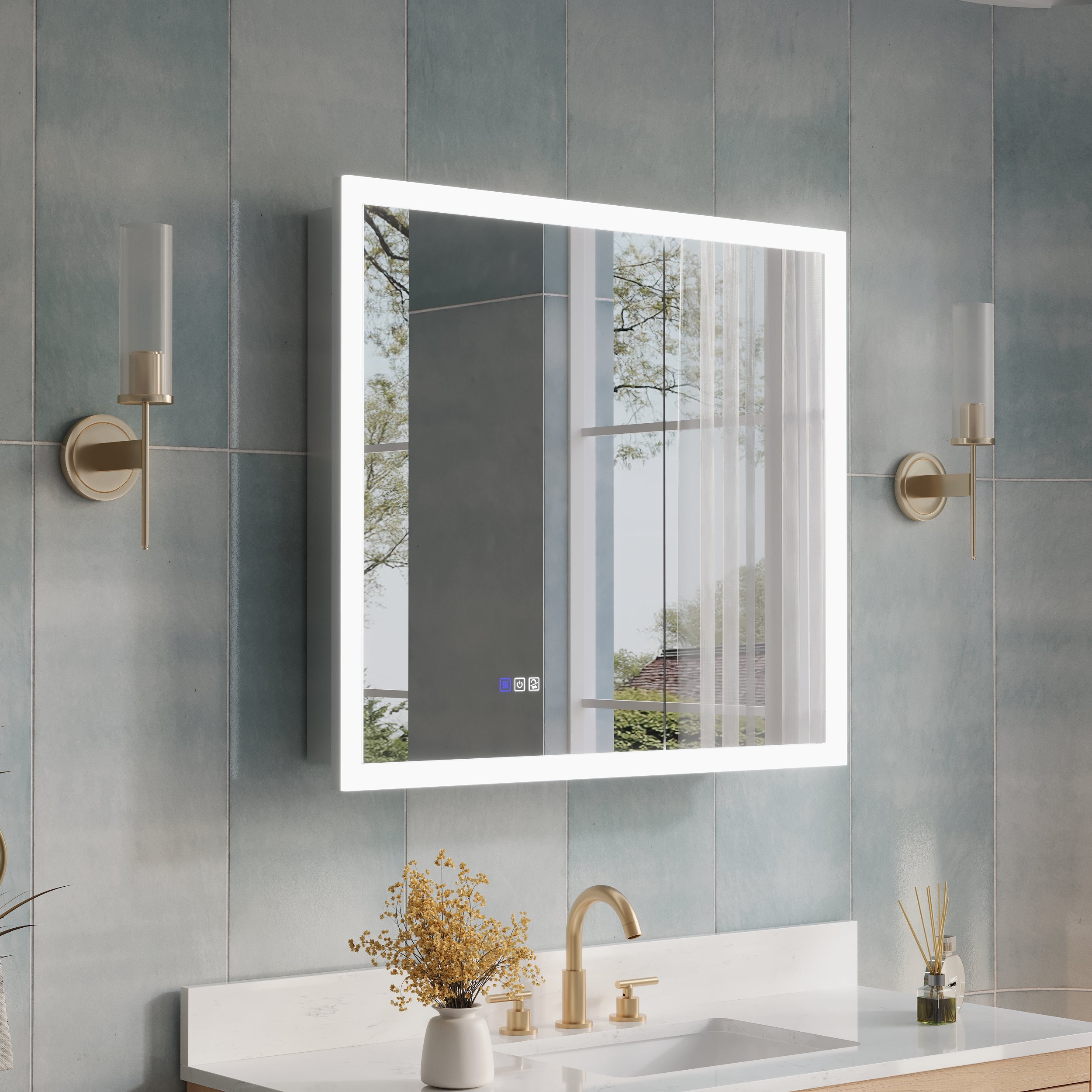
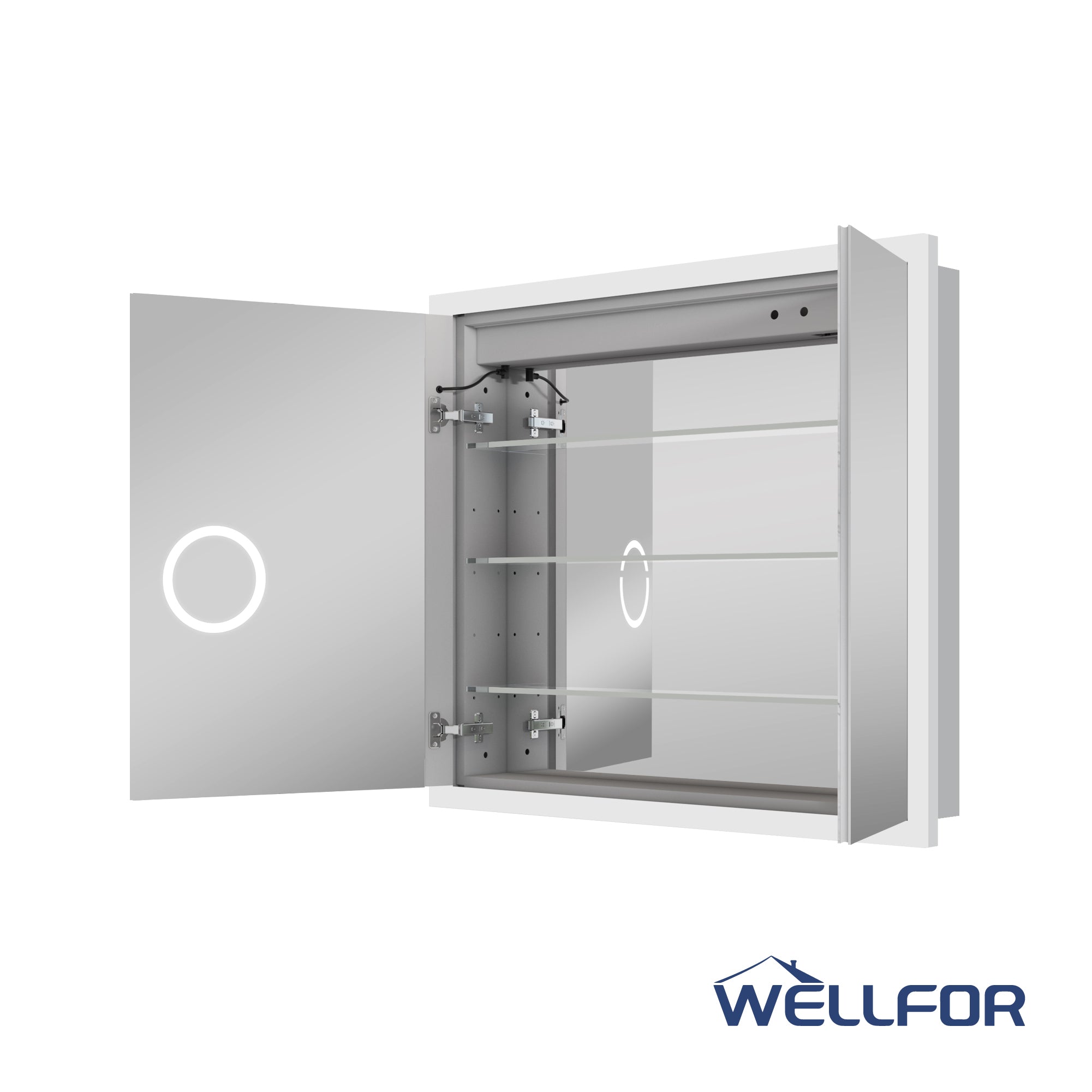


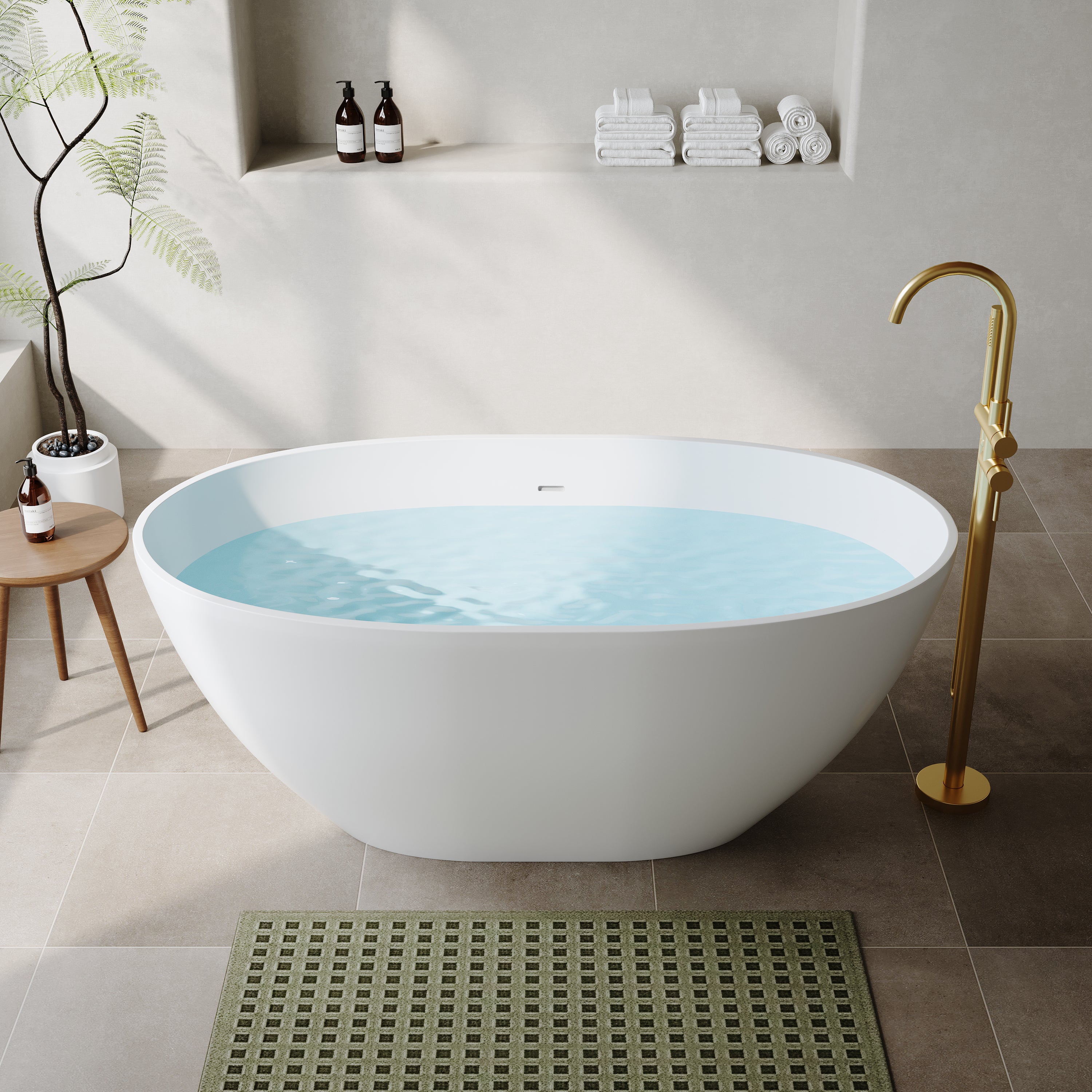
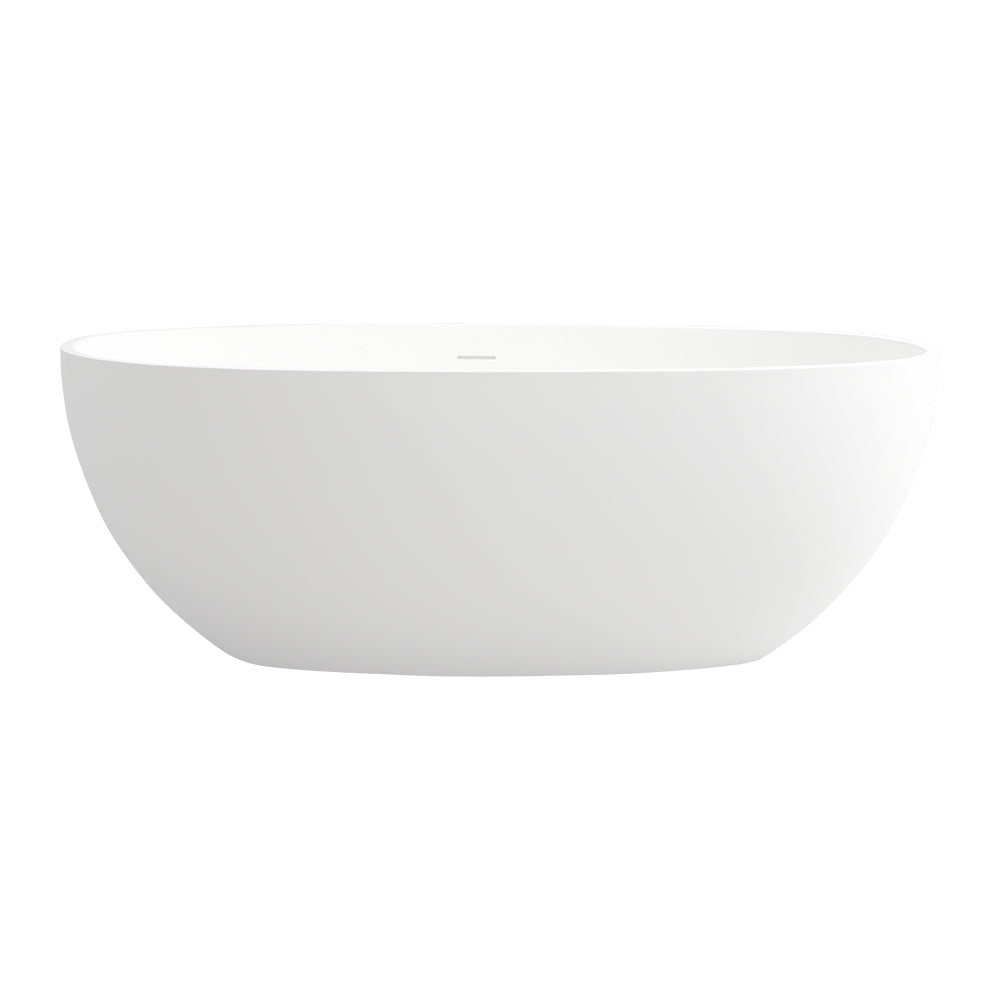
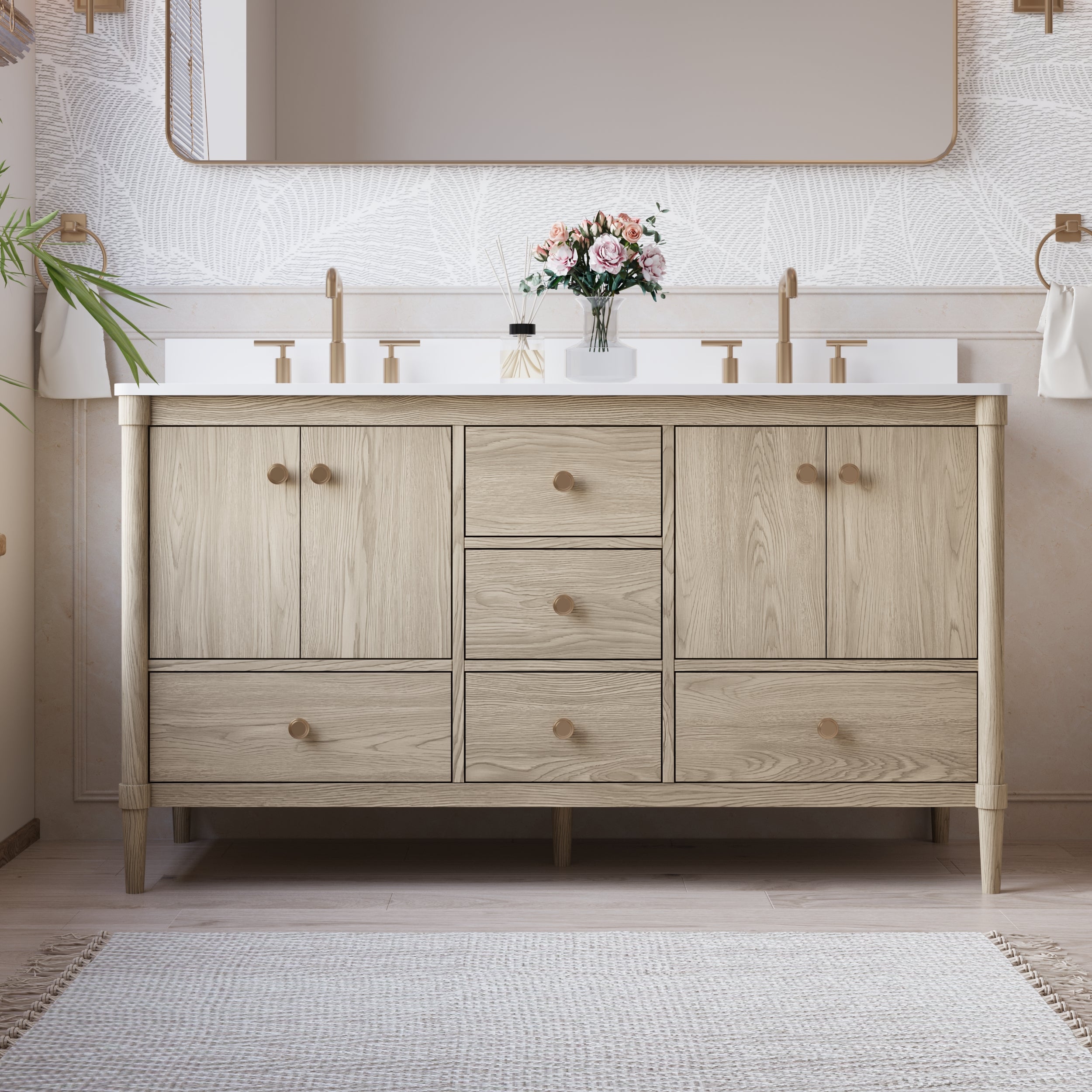
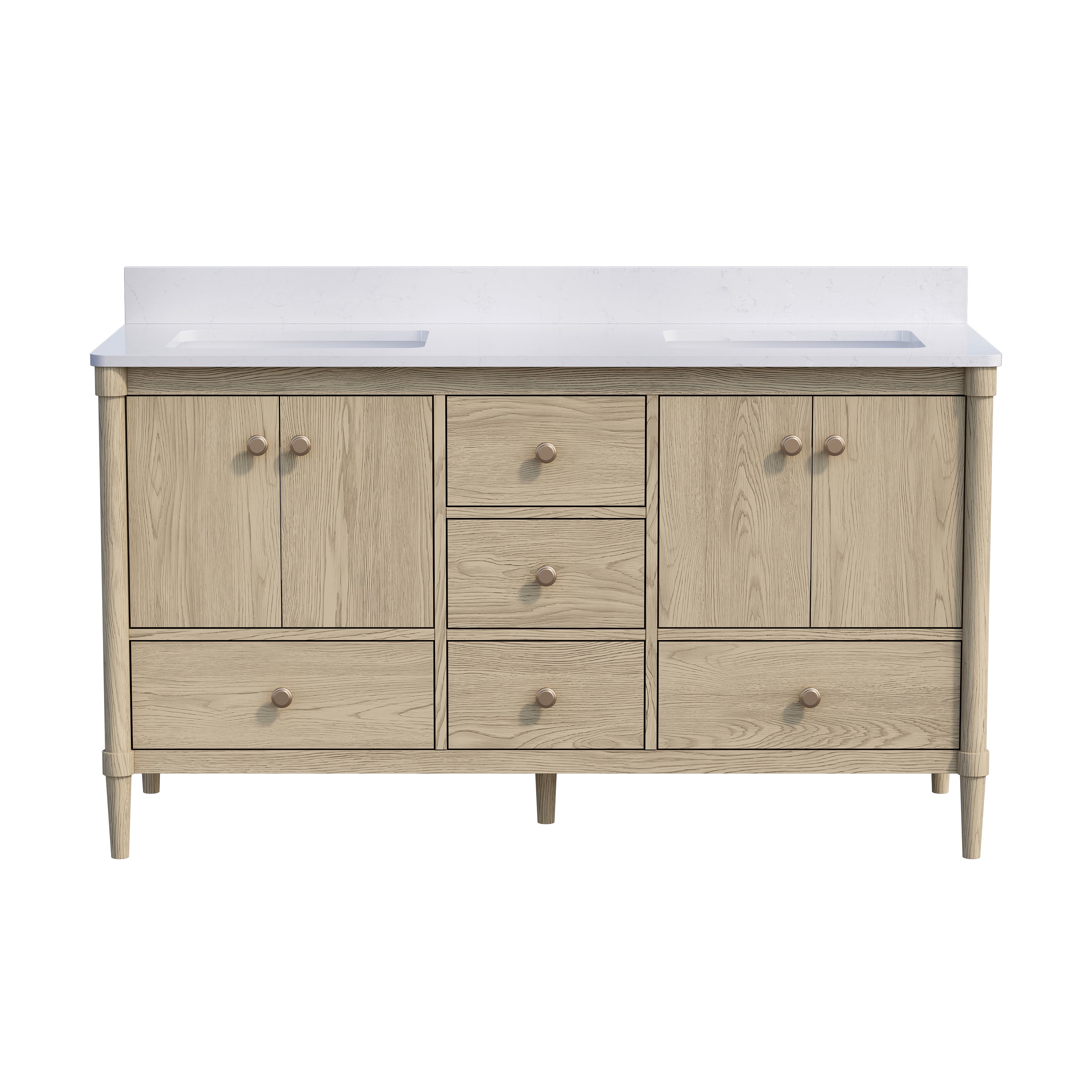
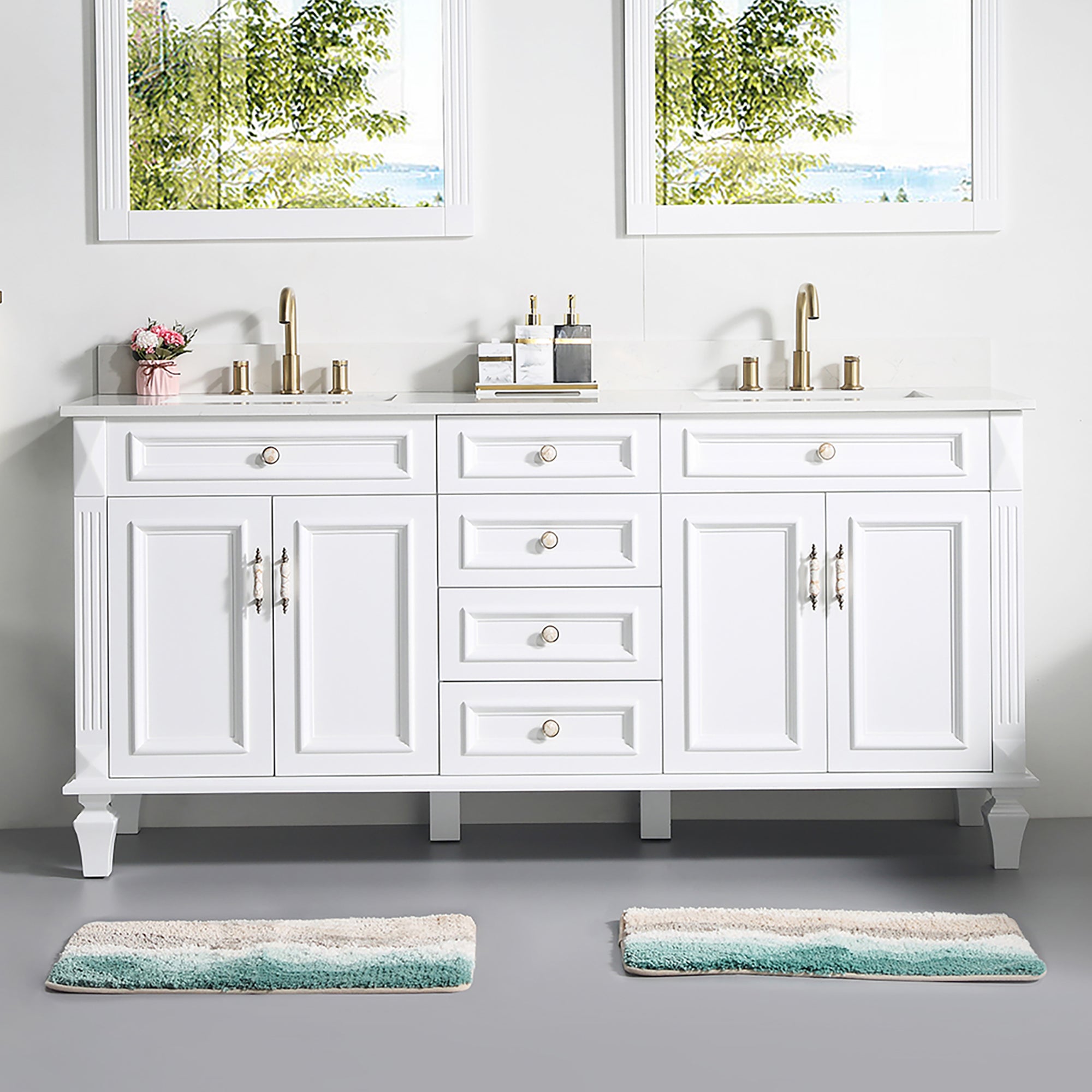
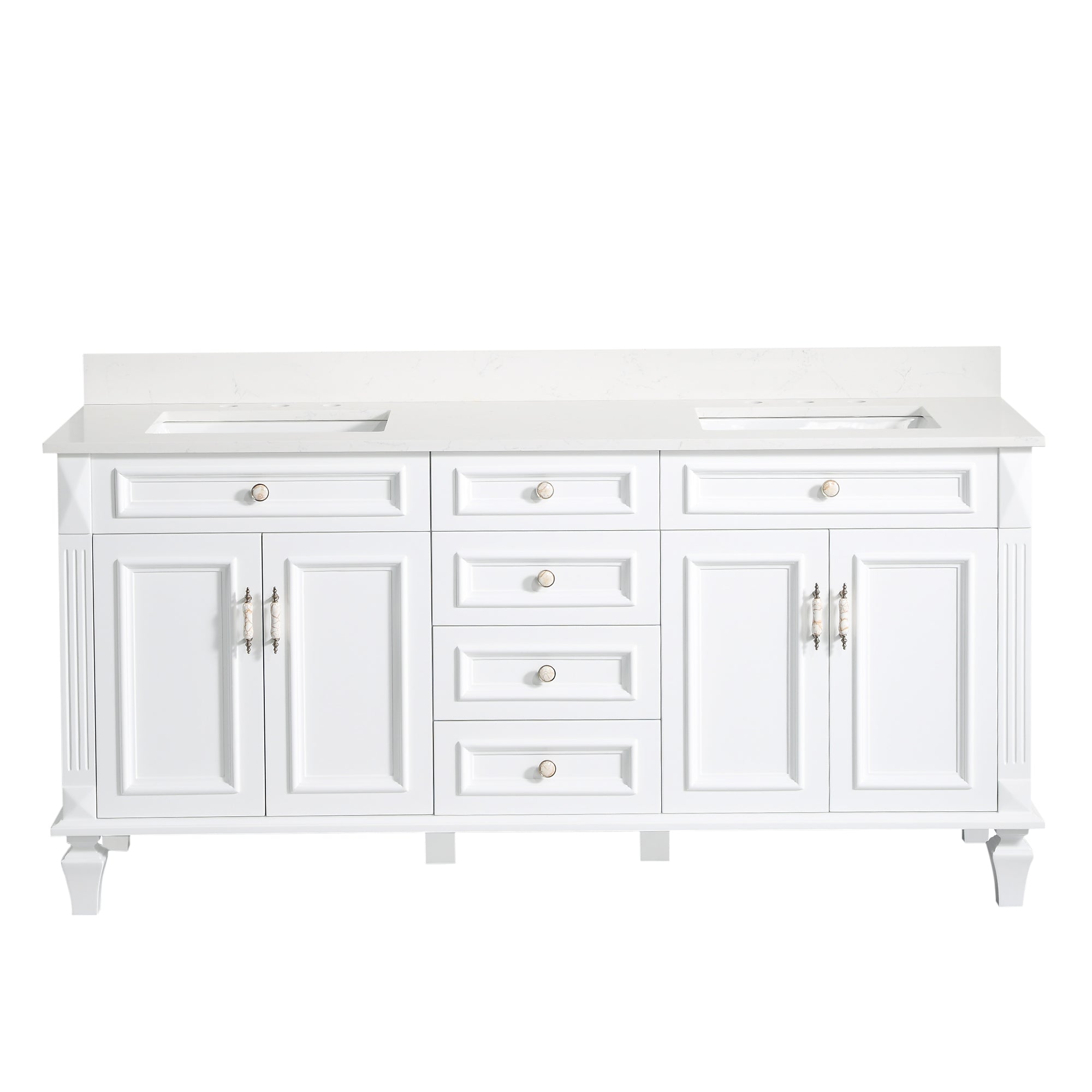
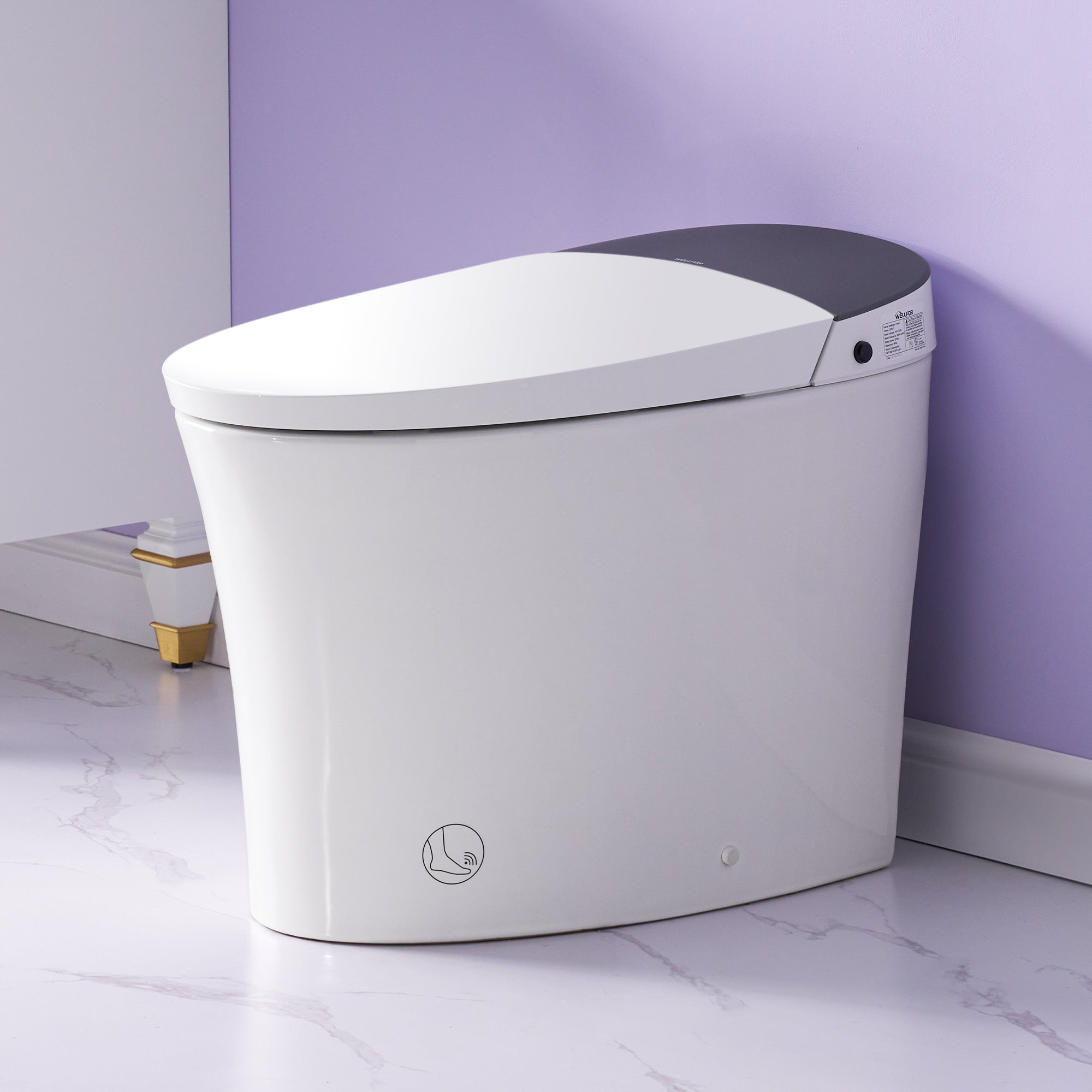
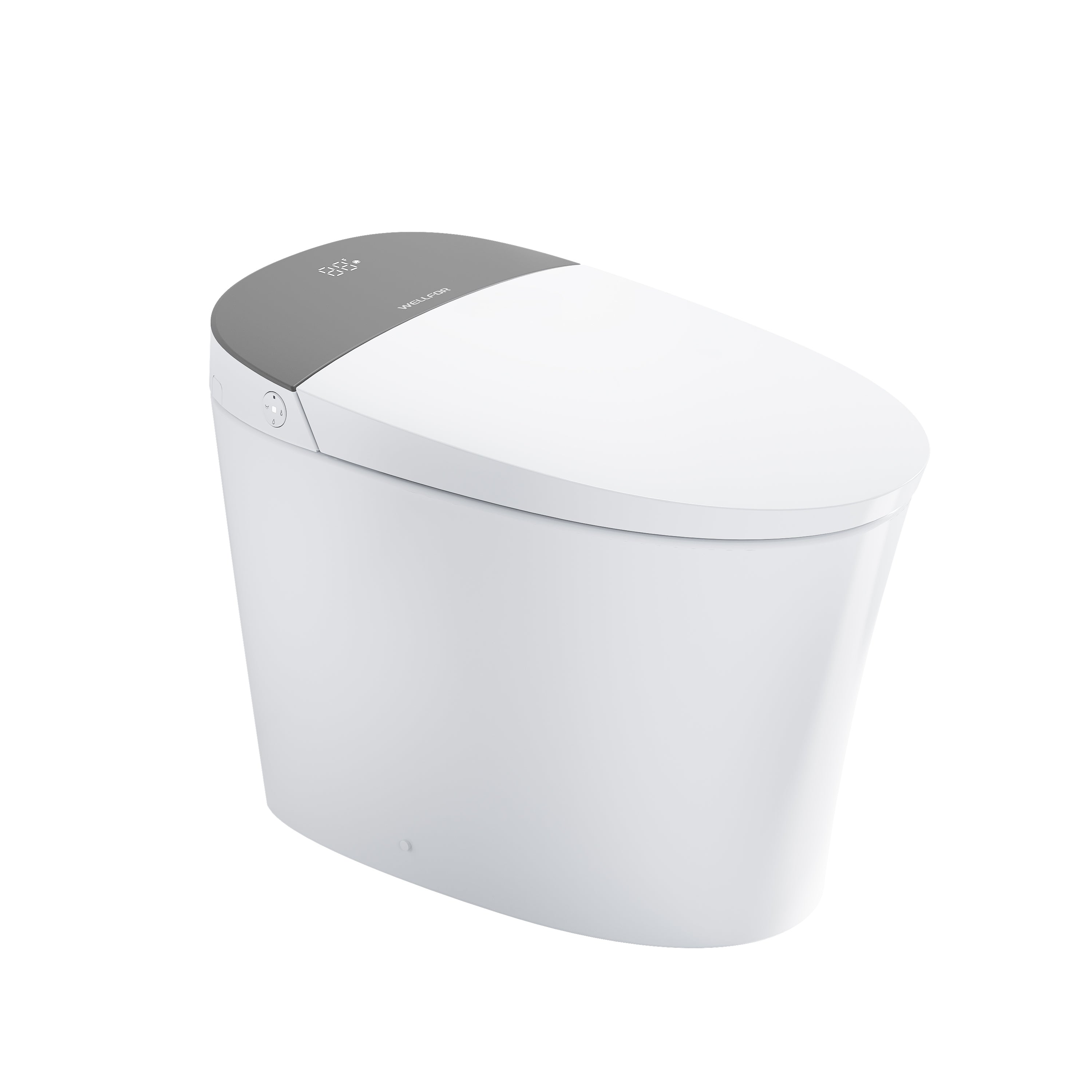
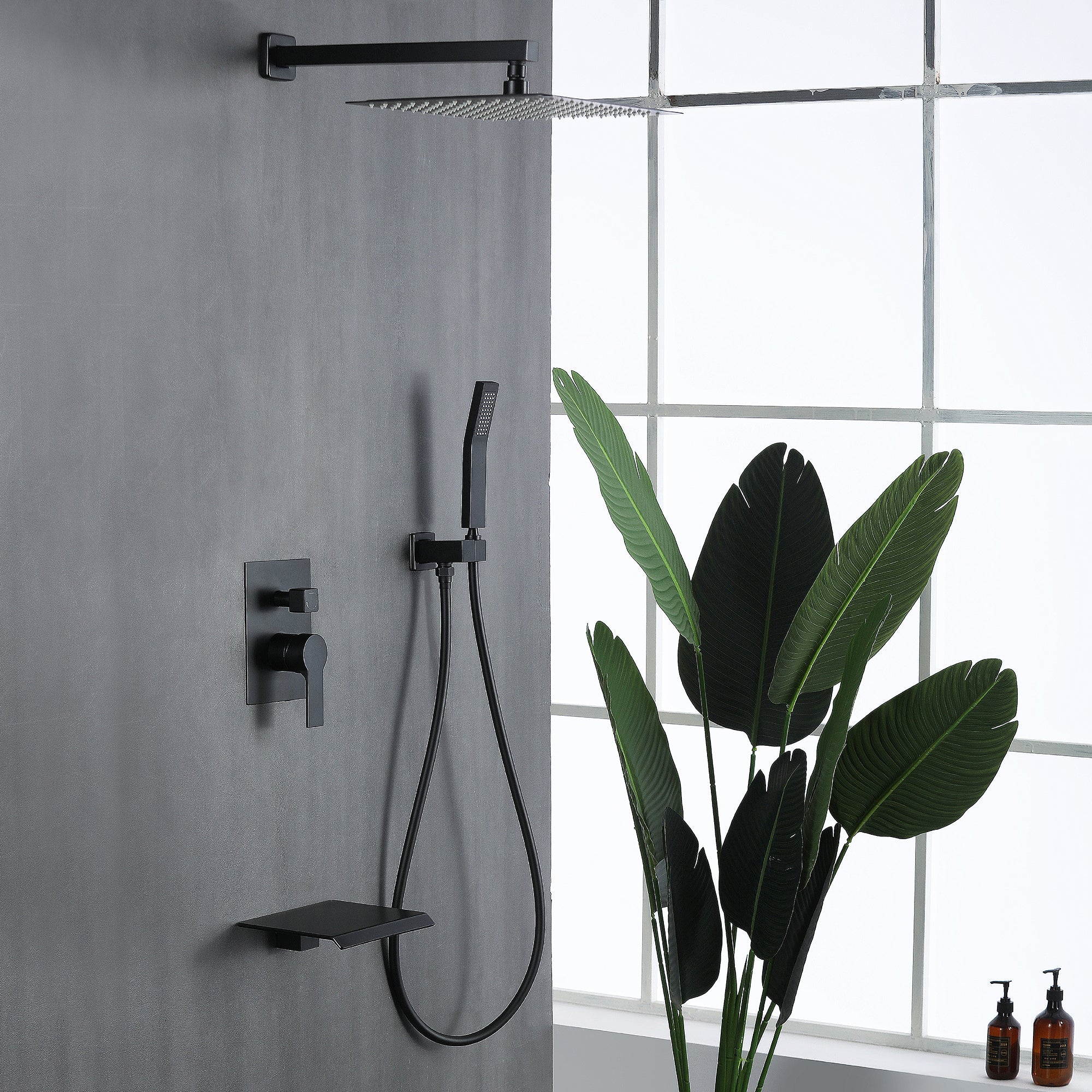
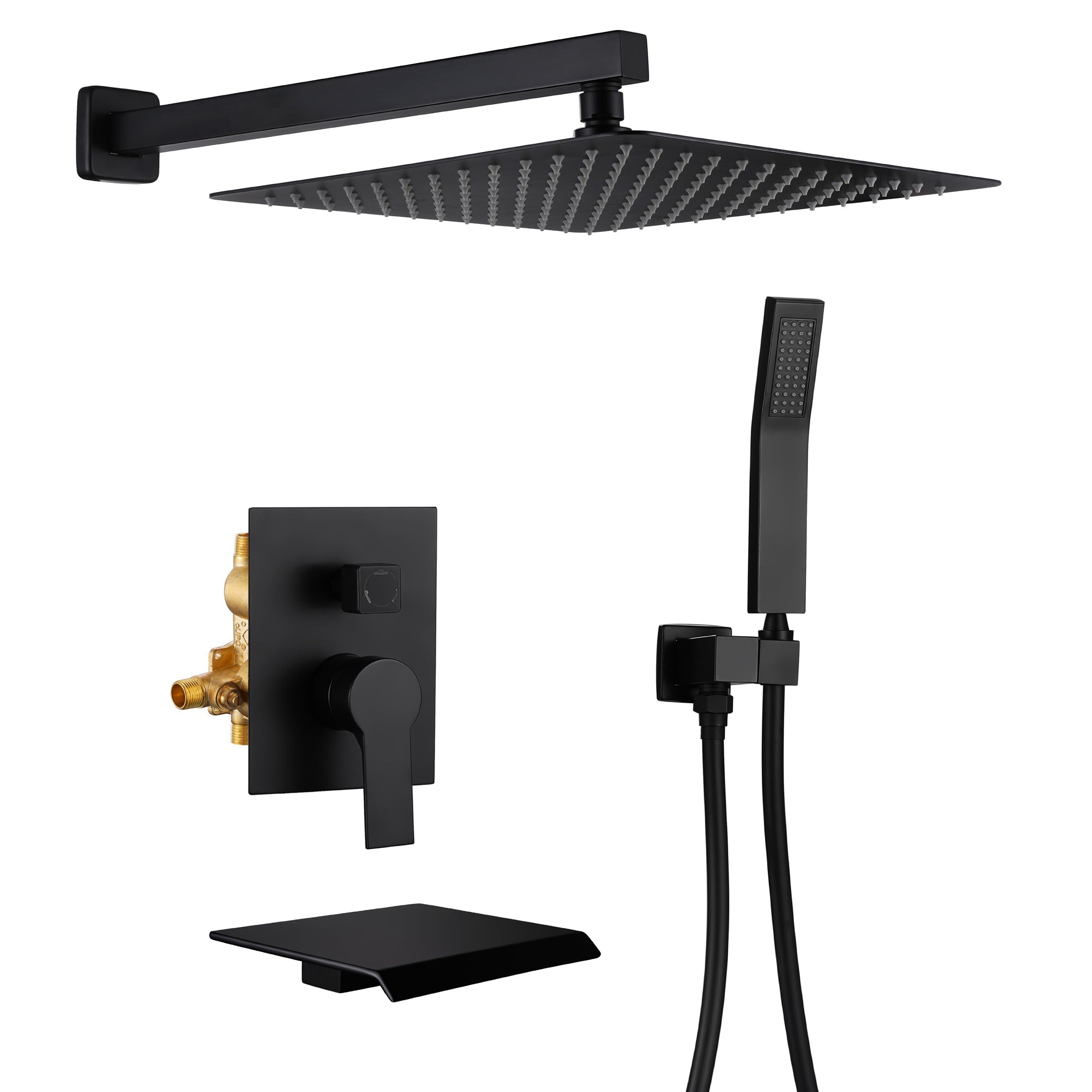
Leave a comment
This site is protected by hCaptcha and the hCaptcha Privacy Policy and Terms of Service apply.